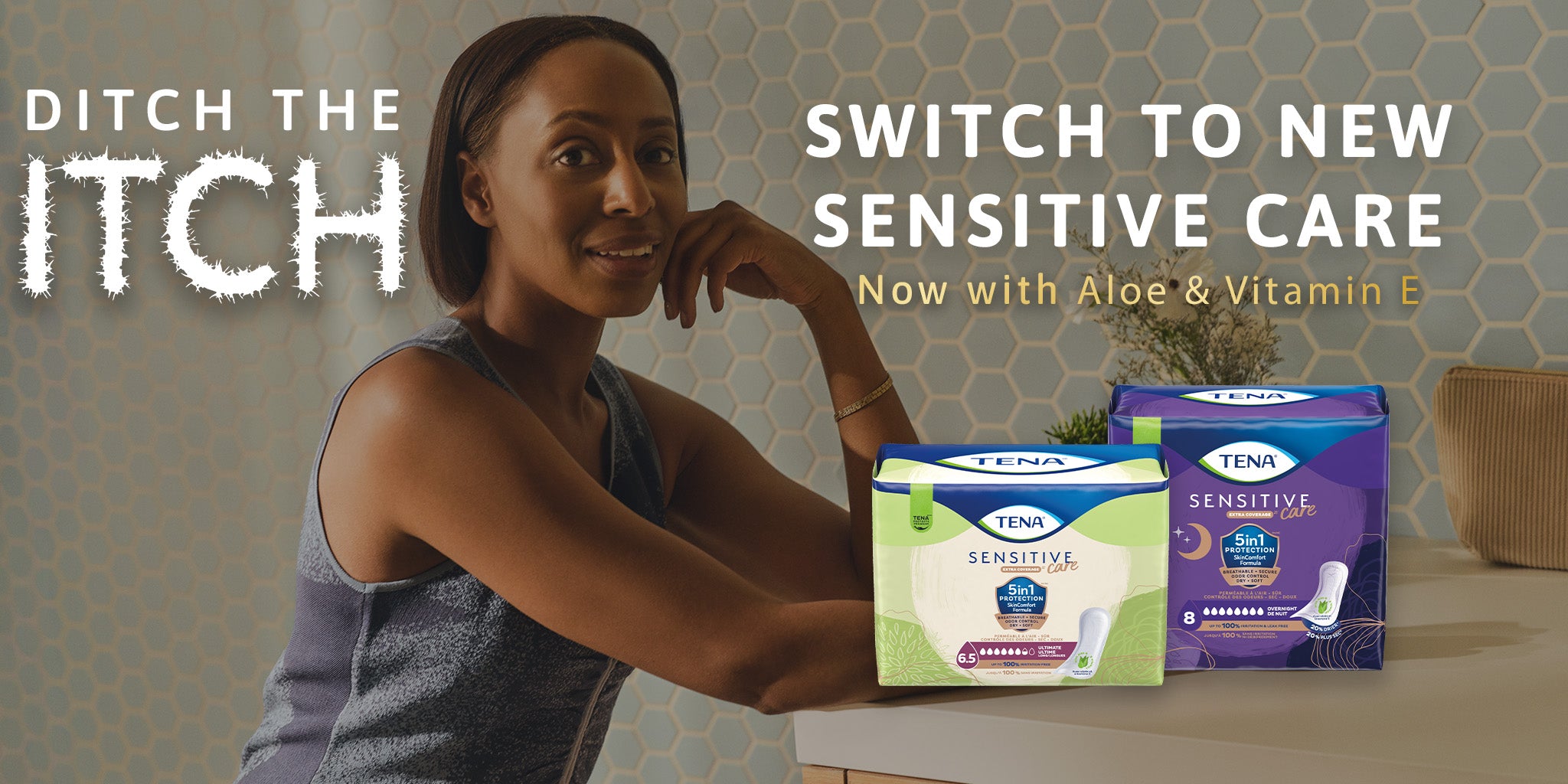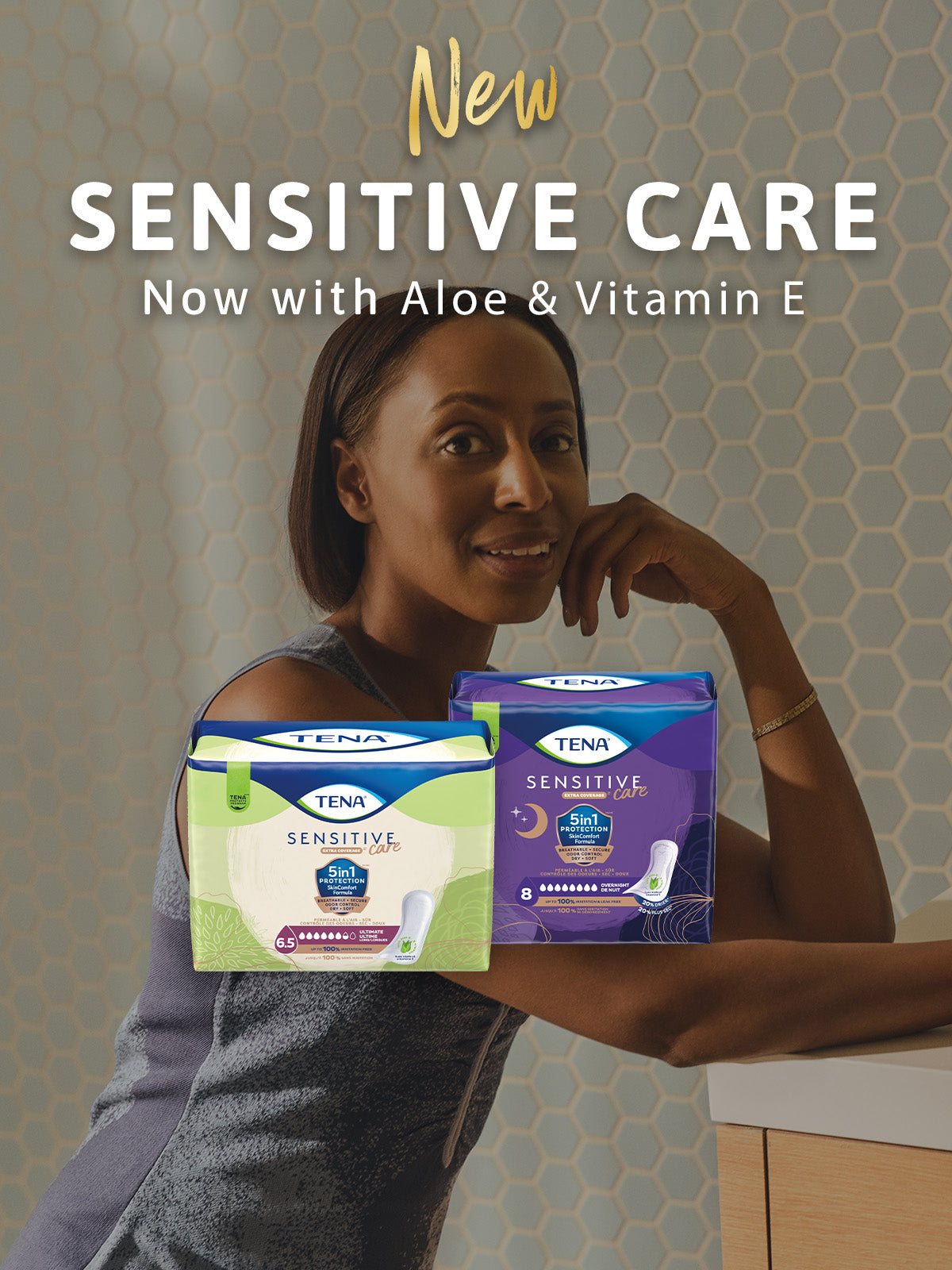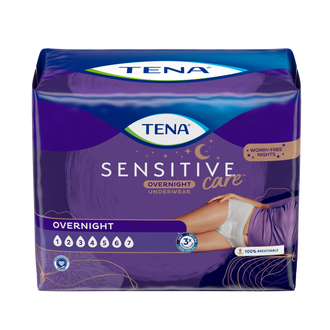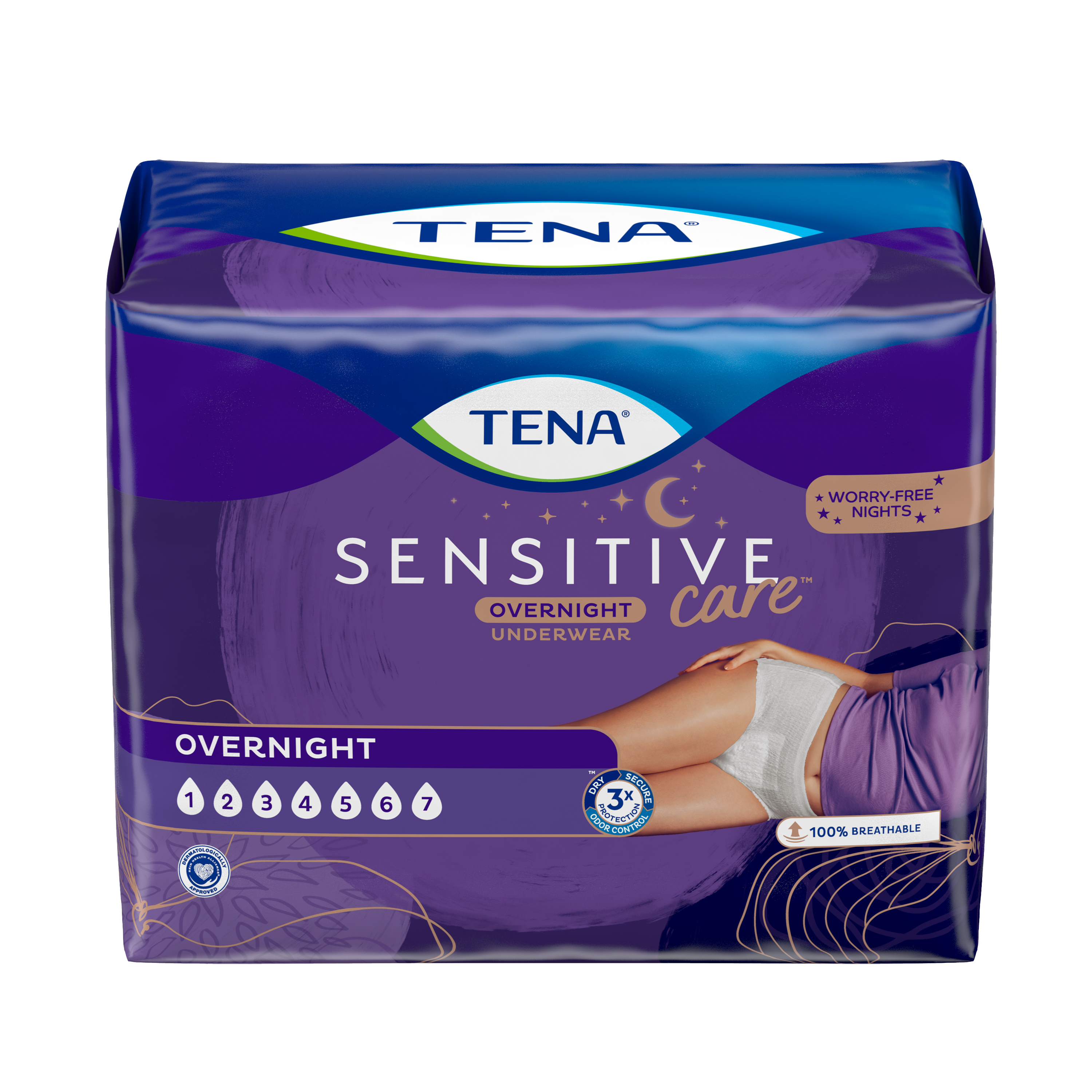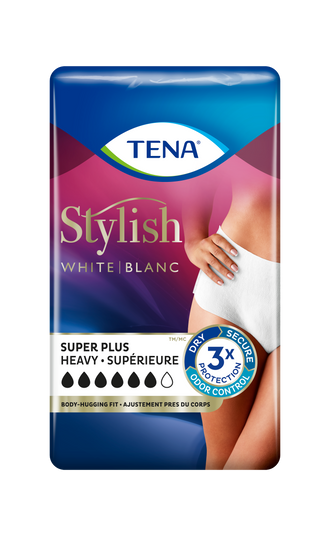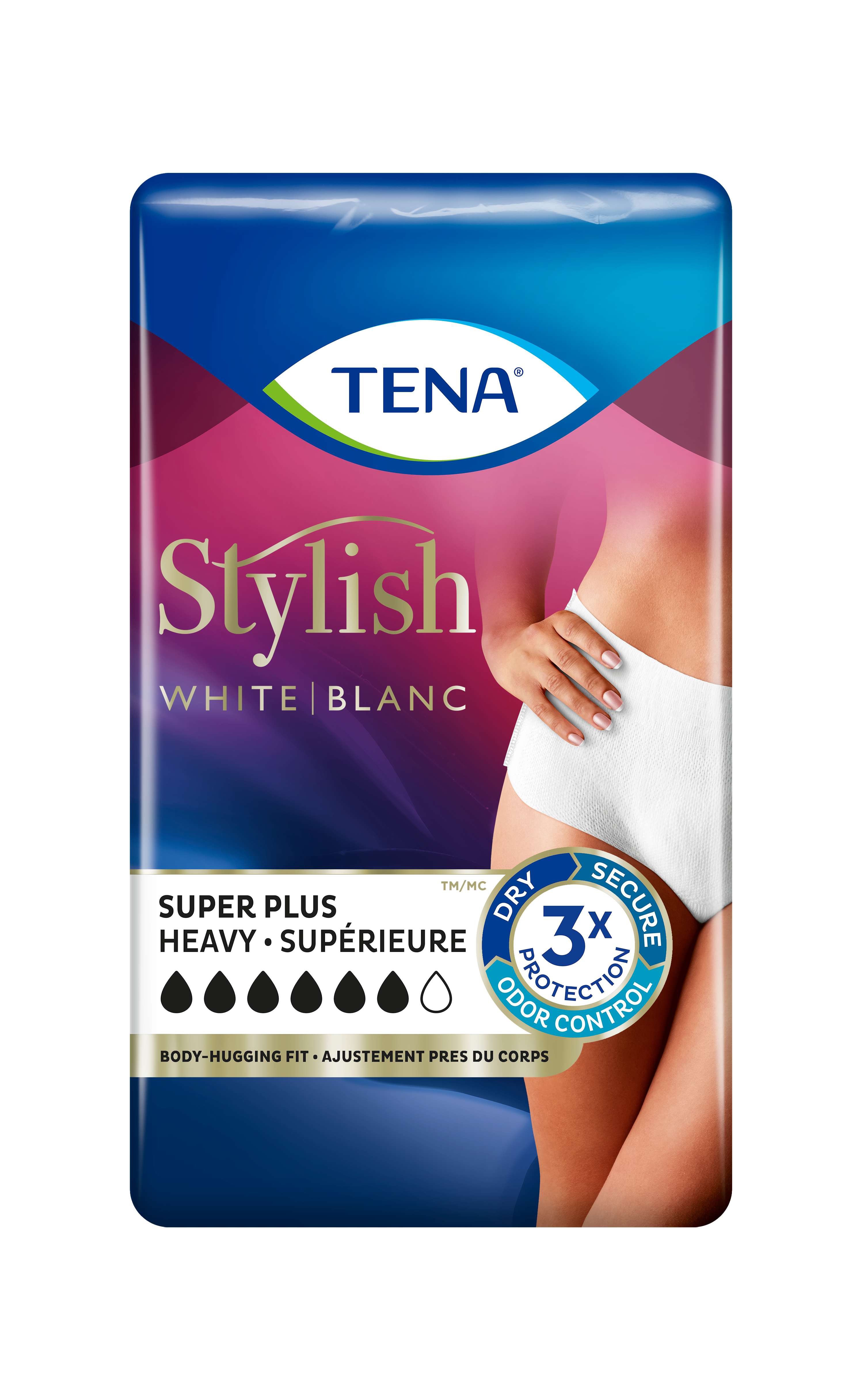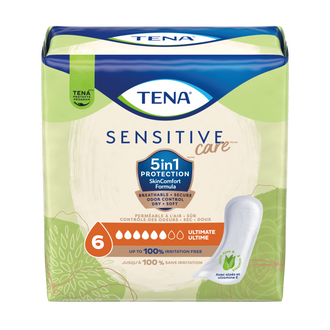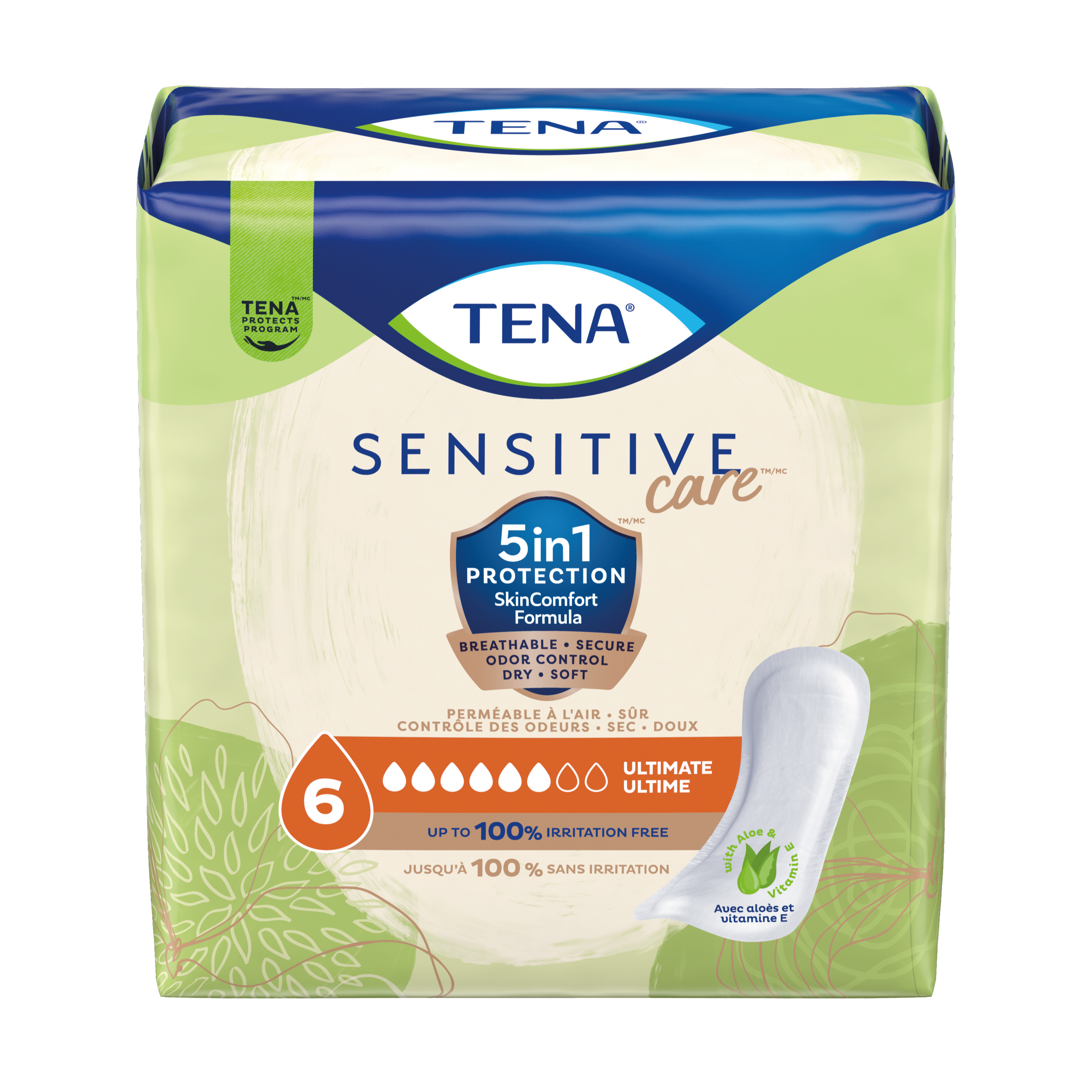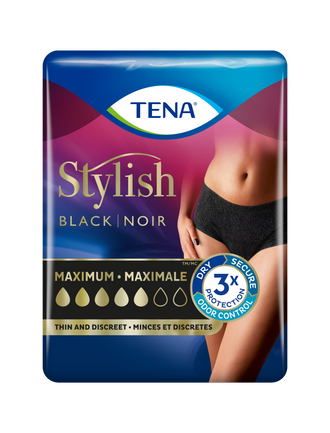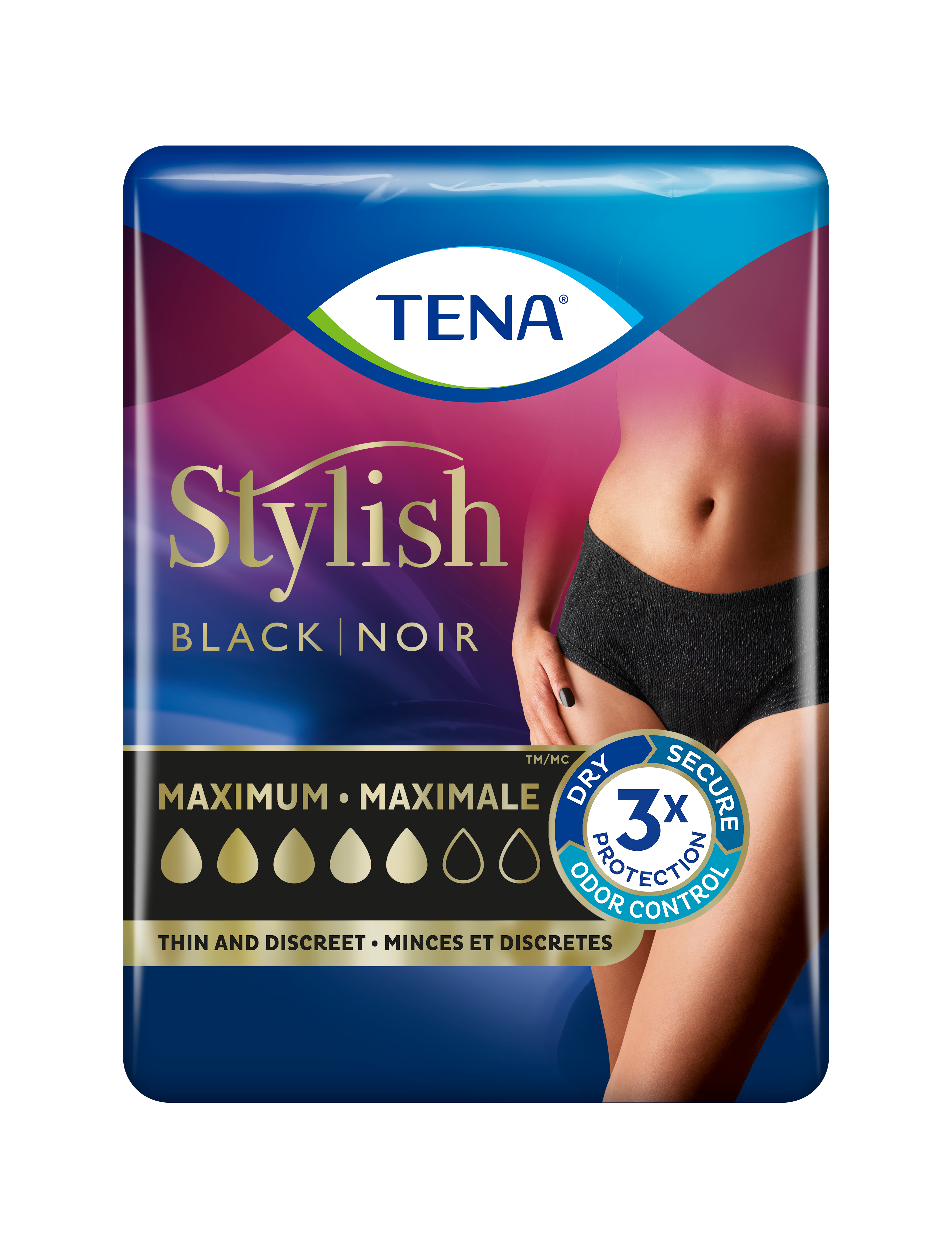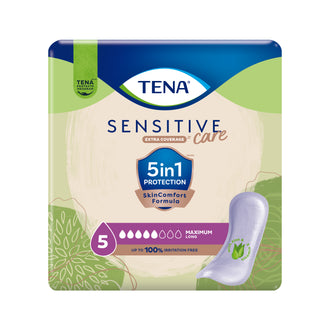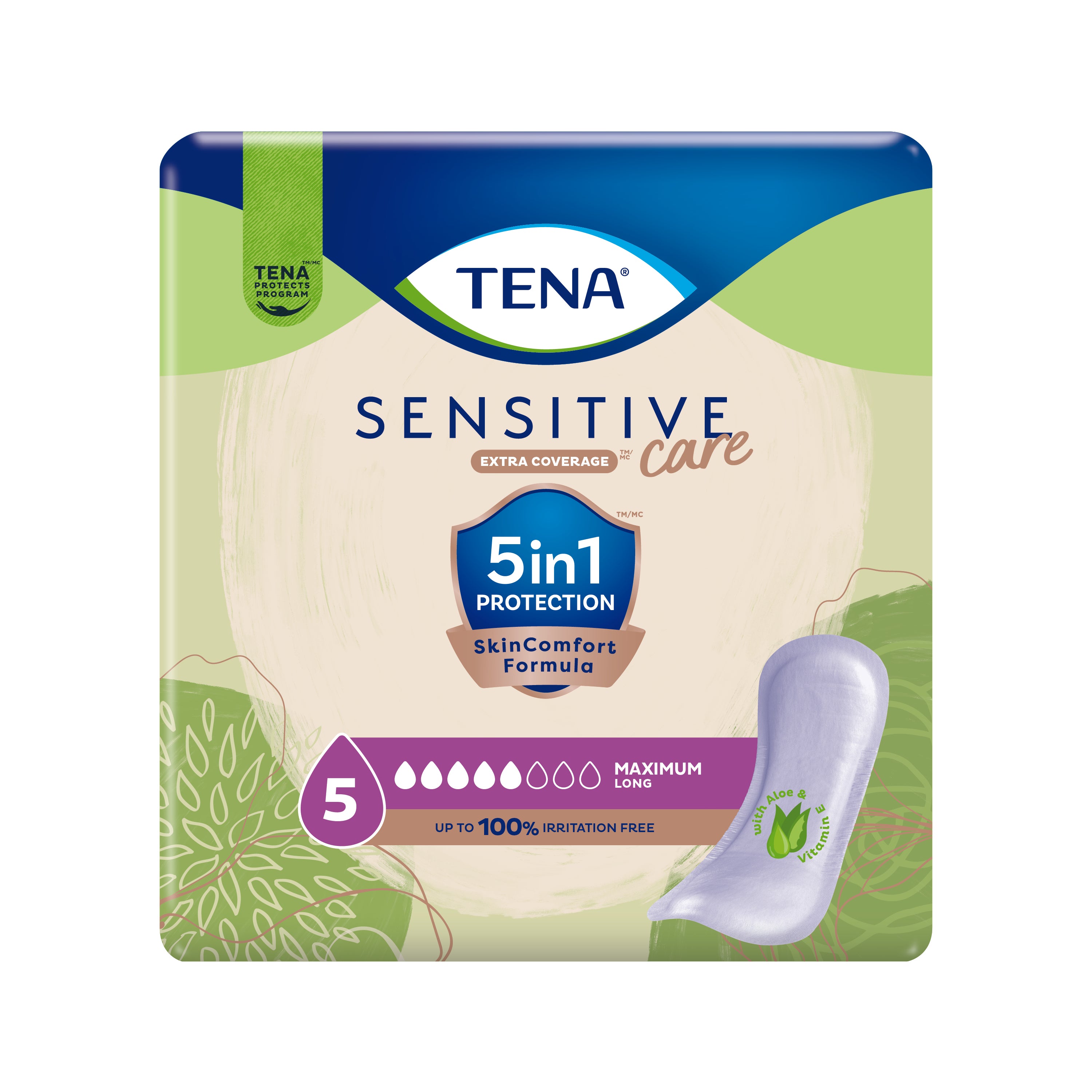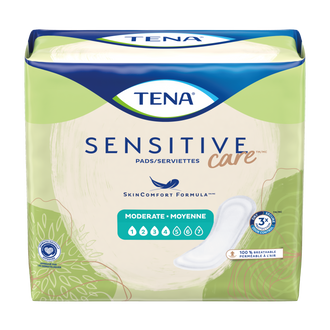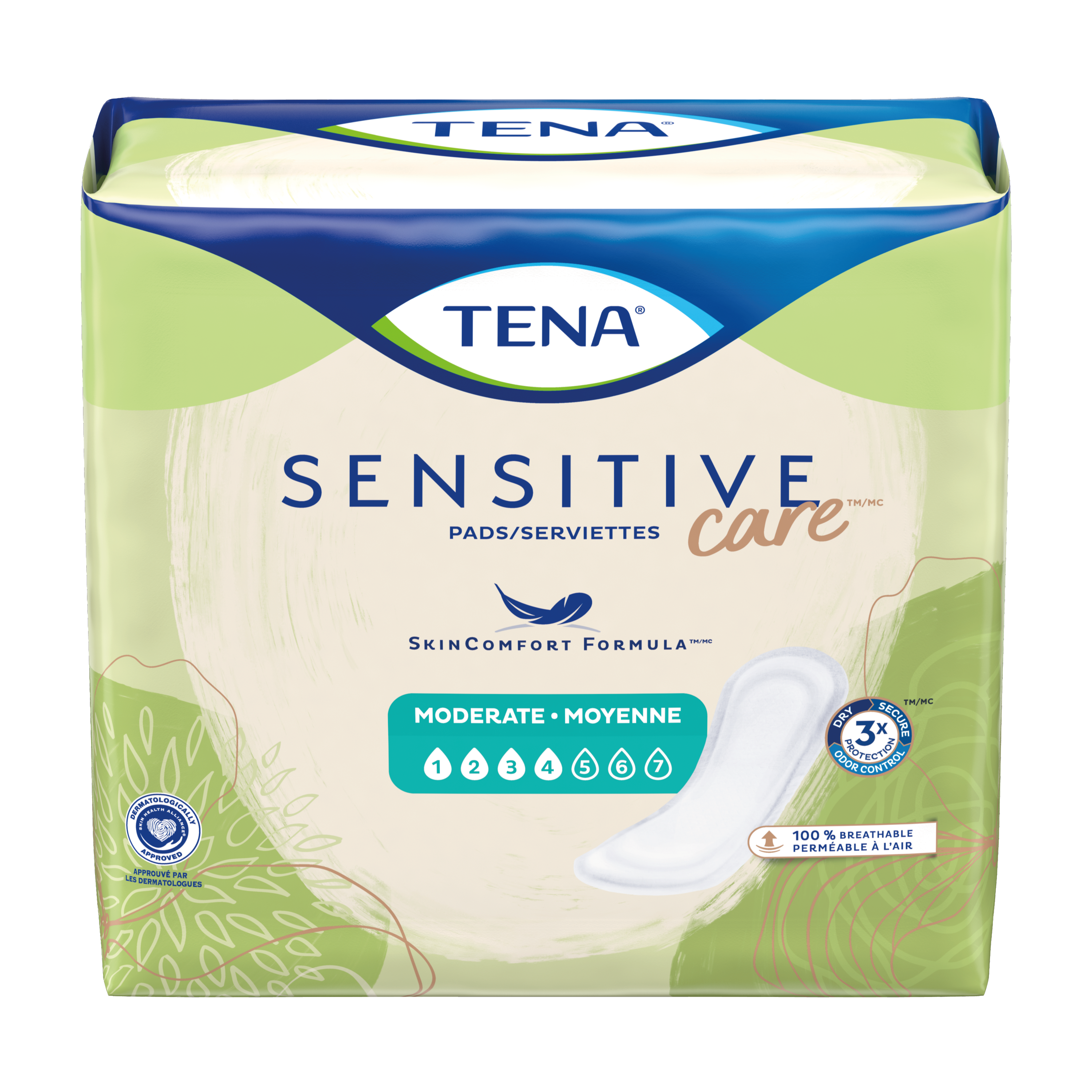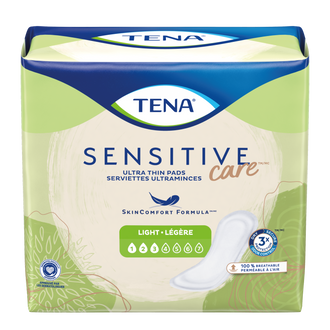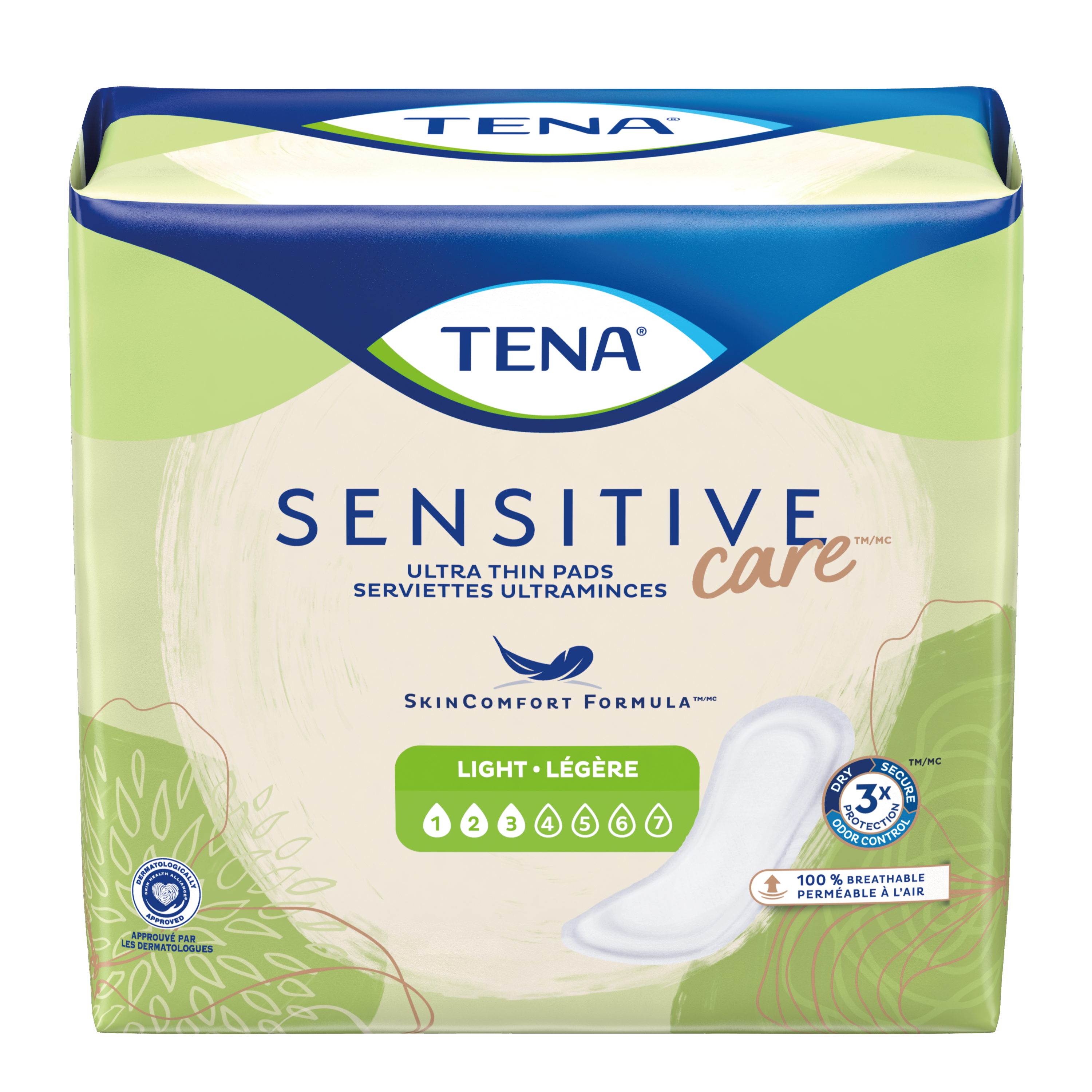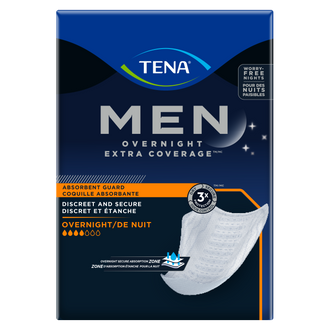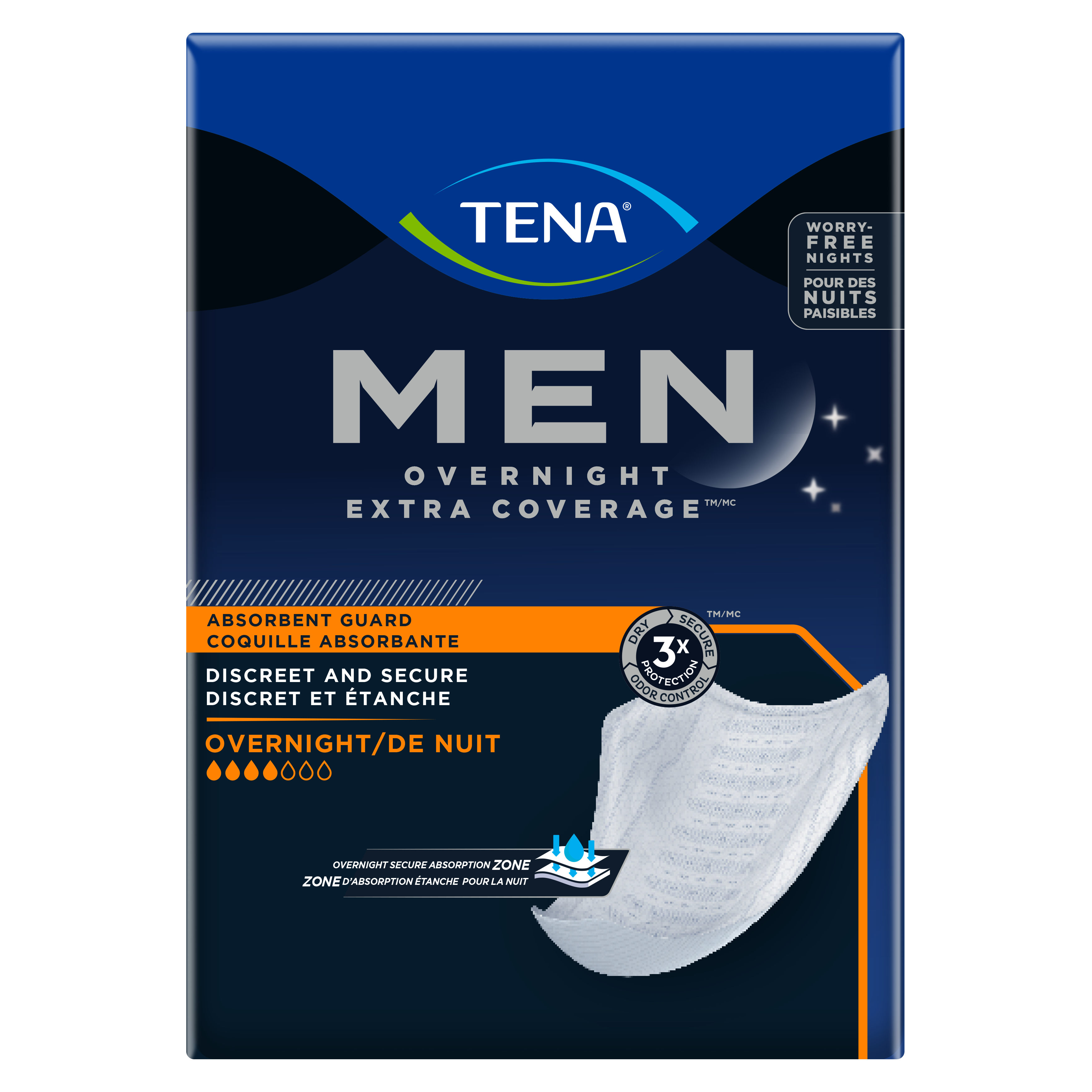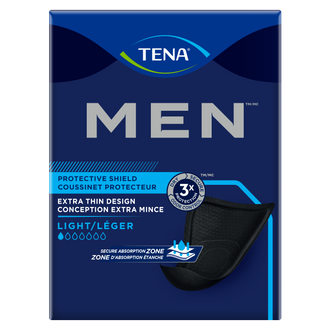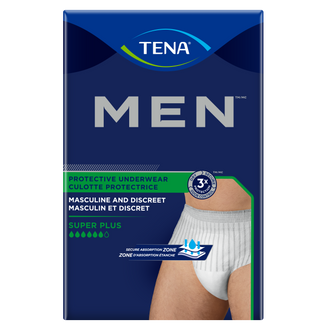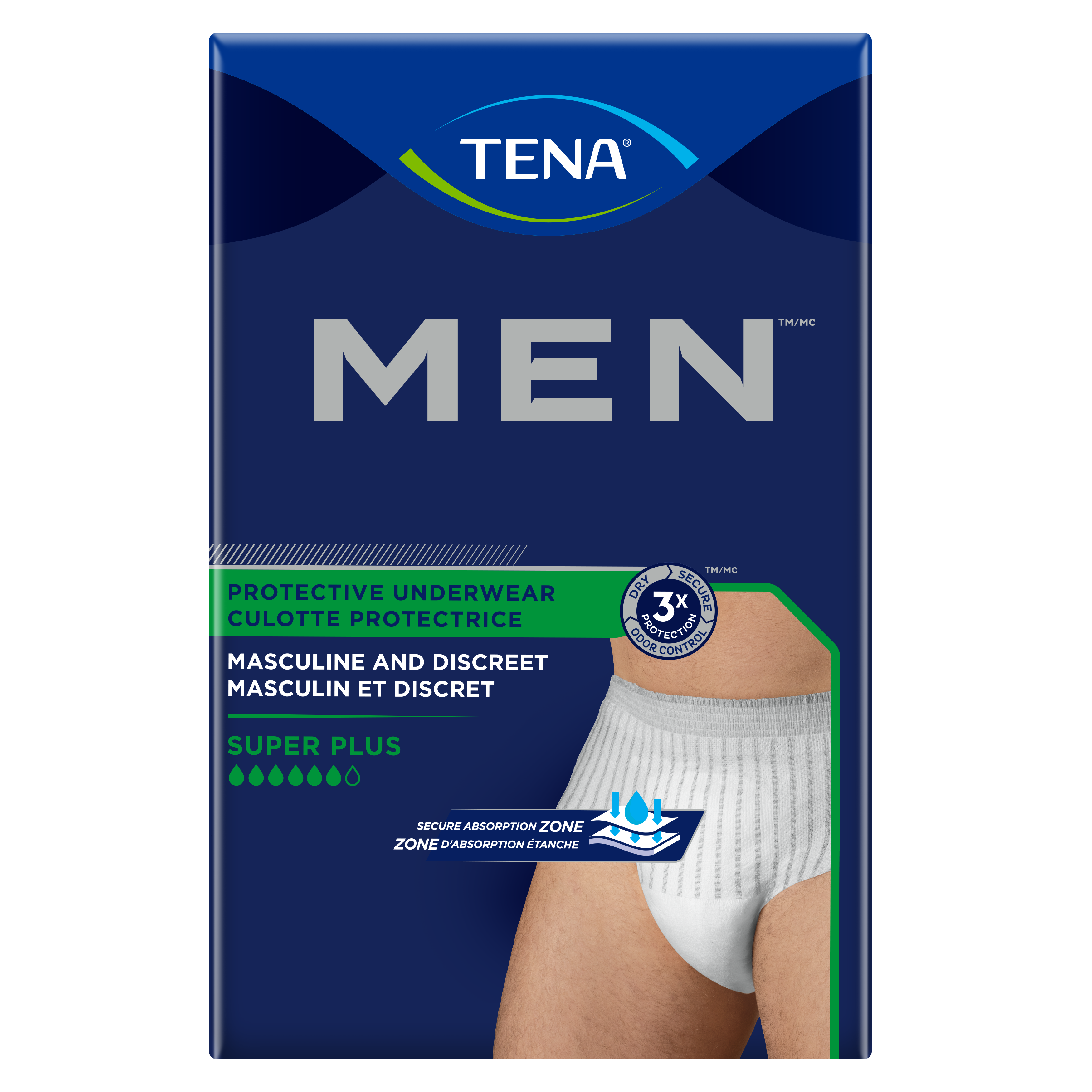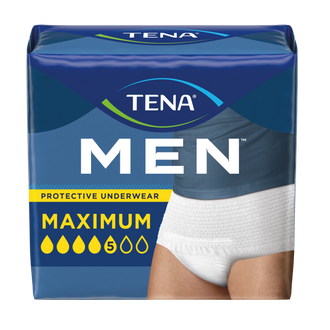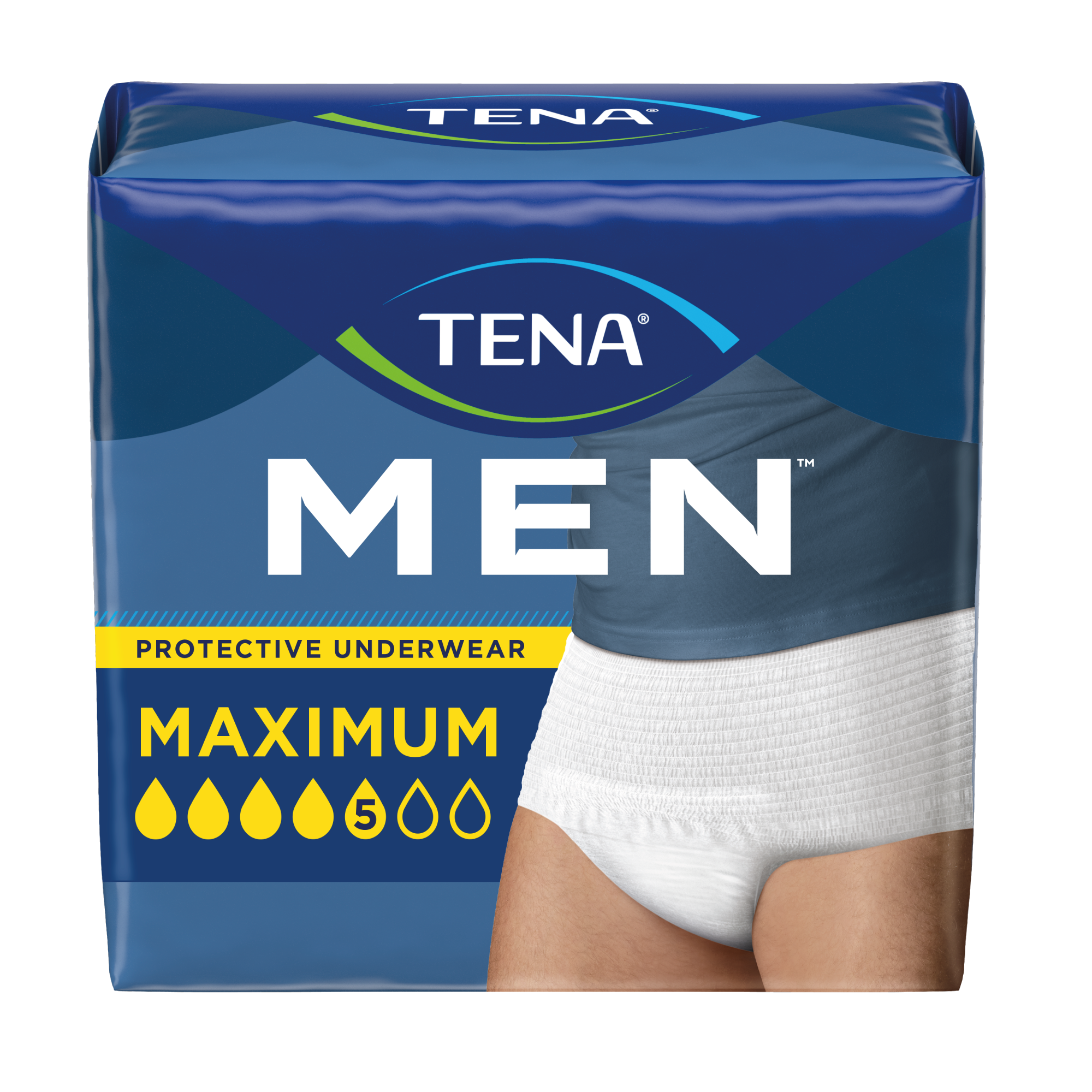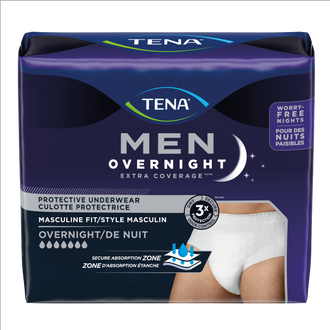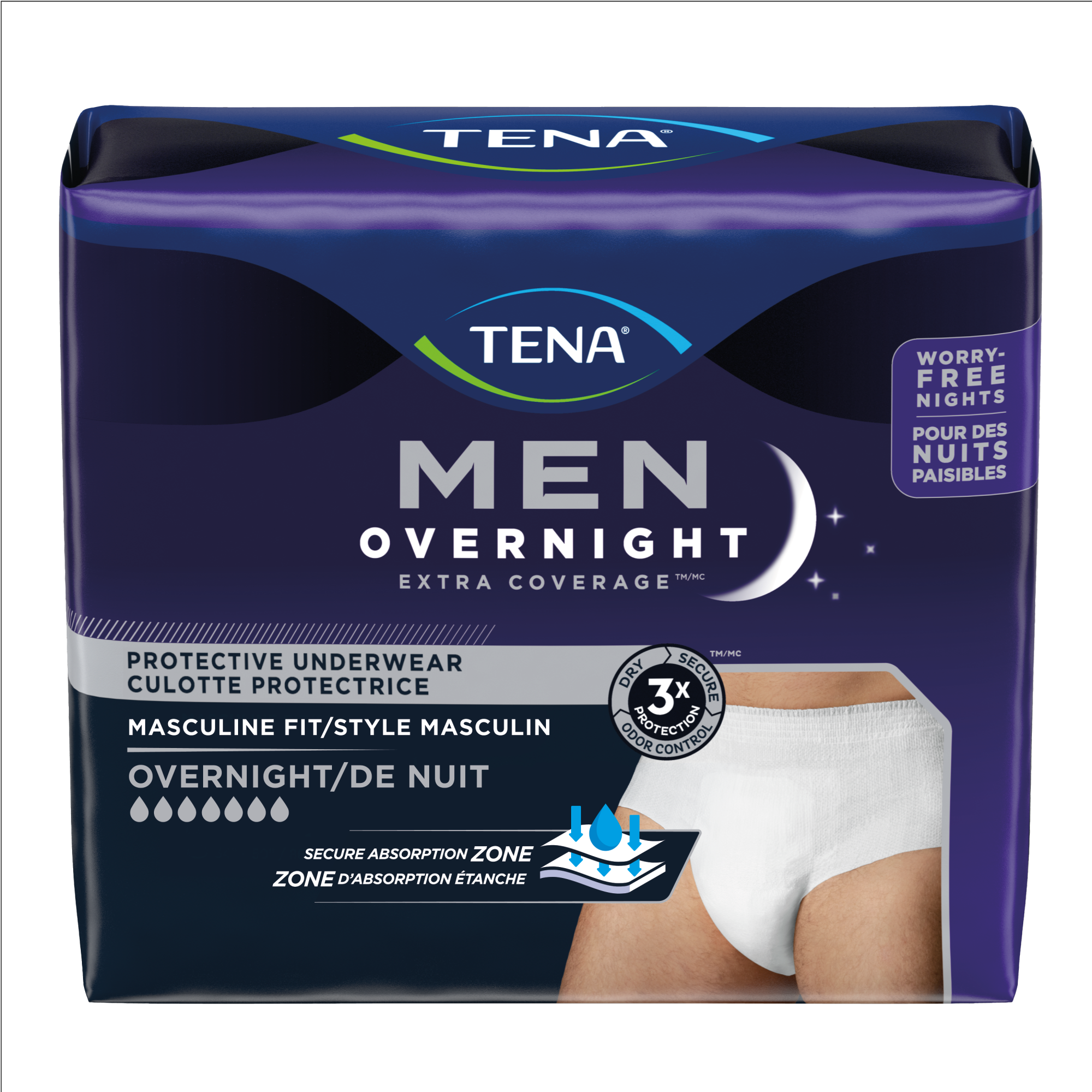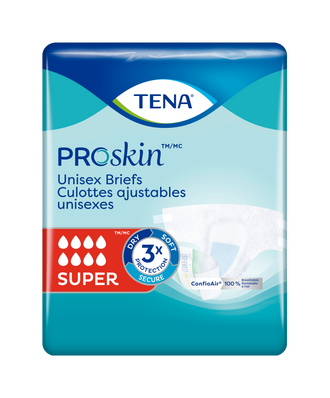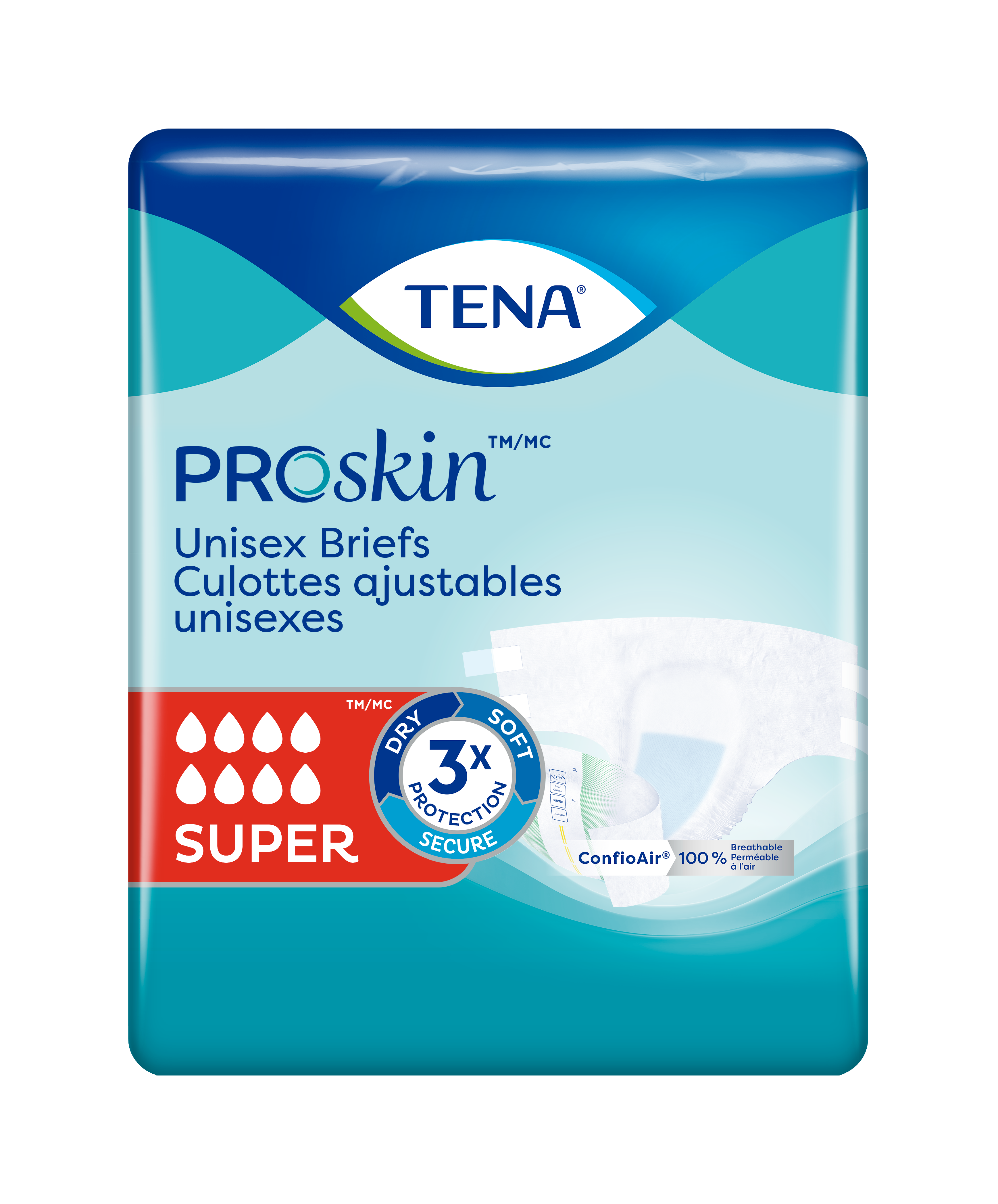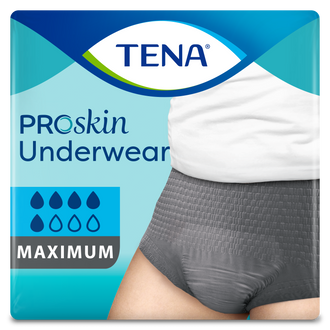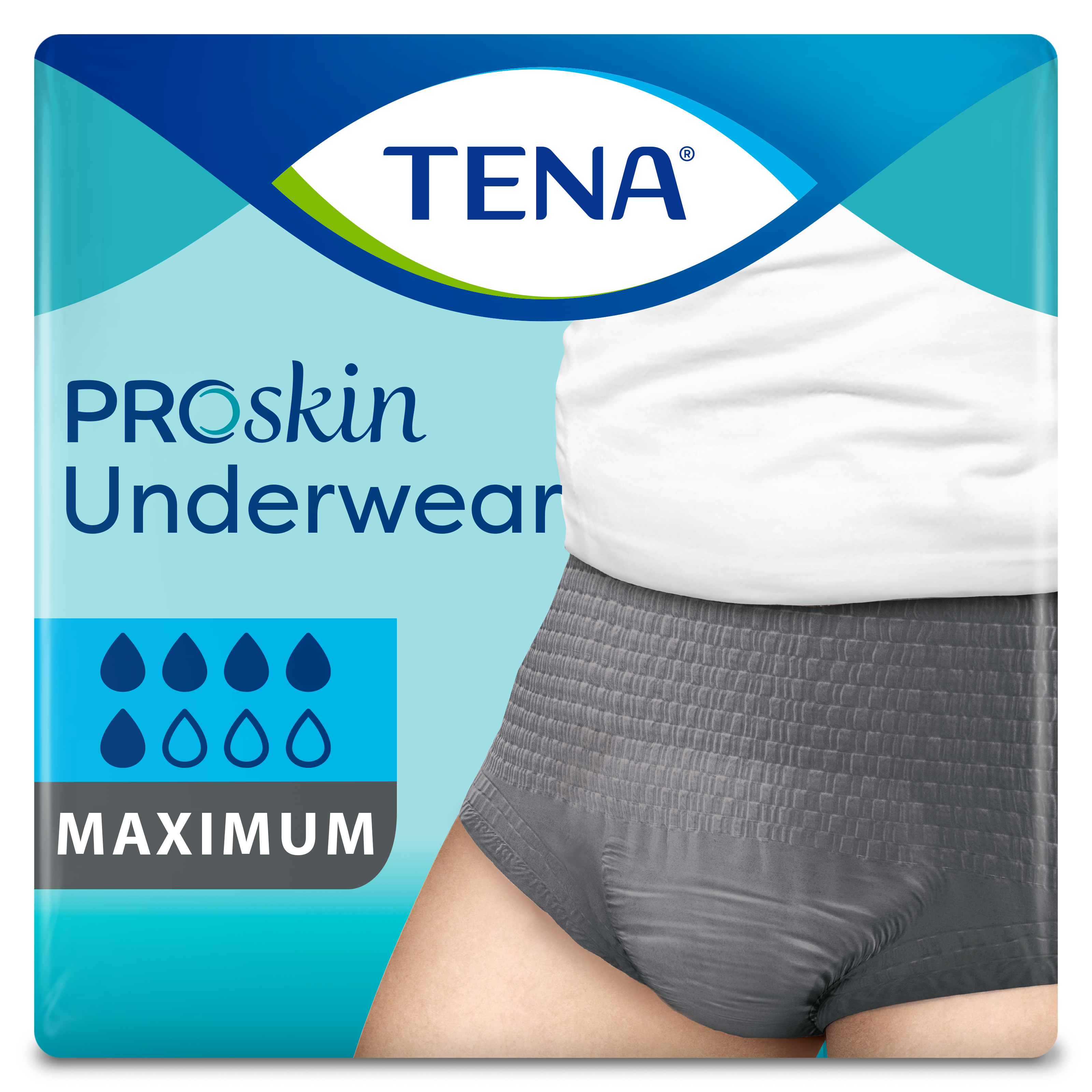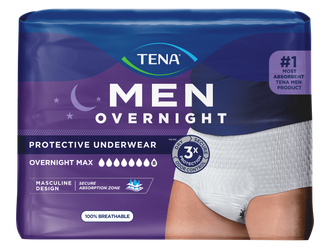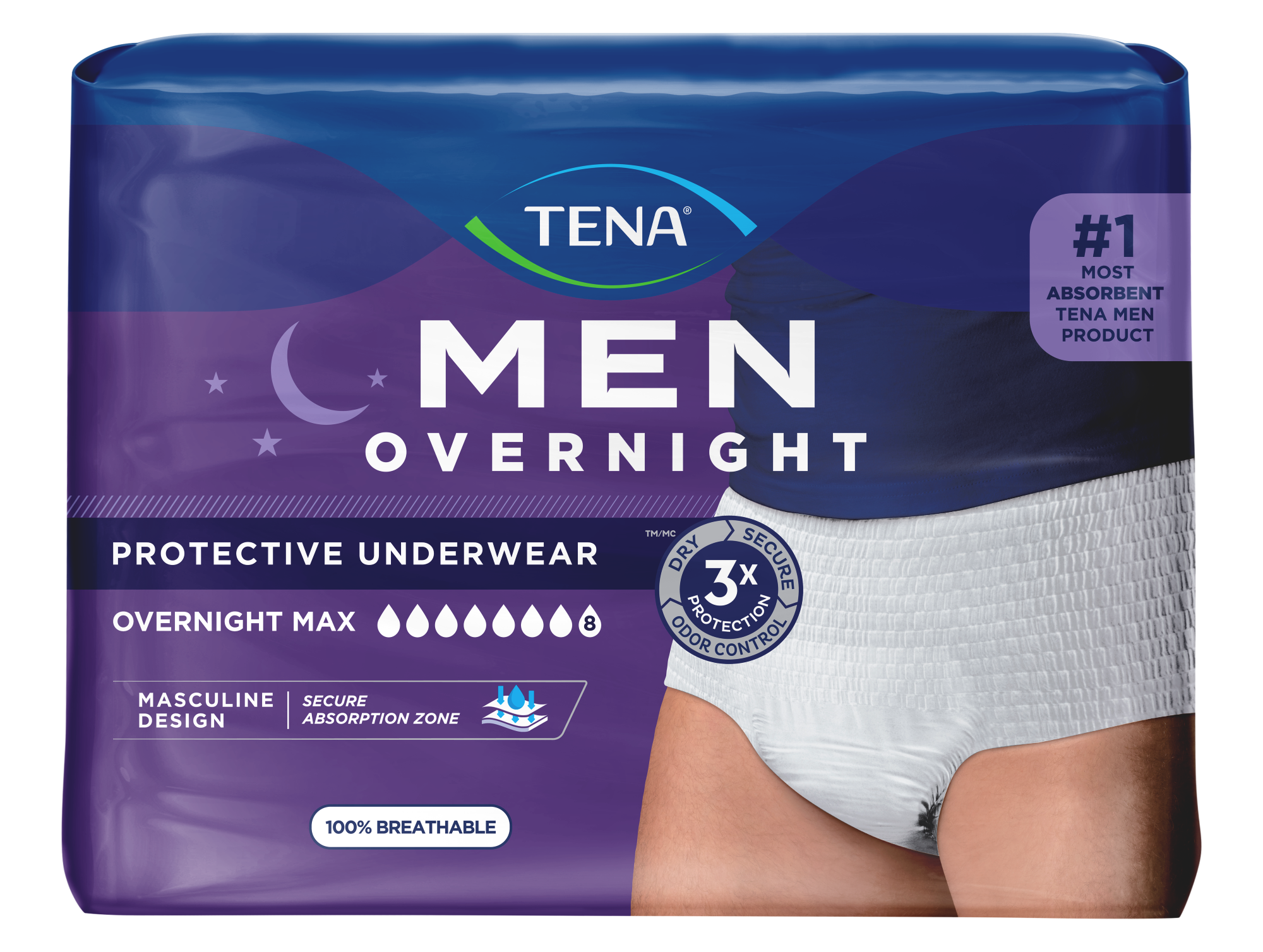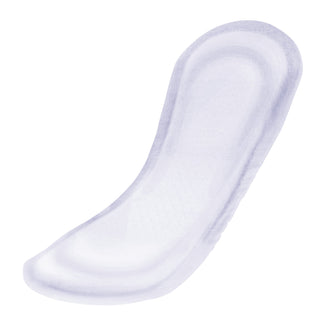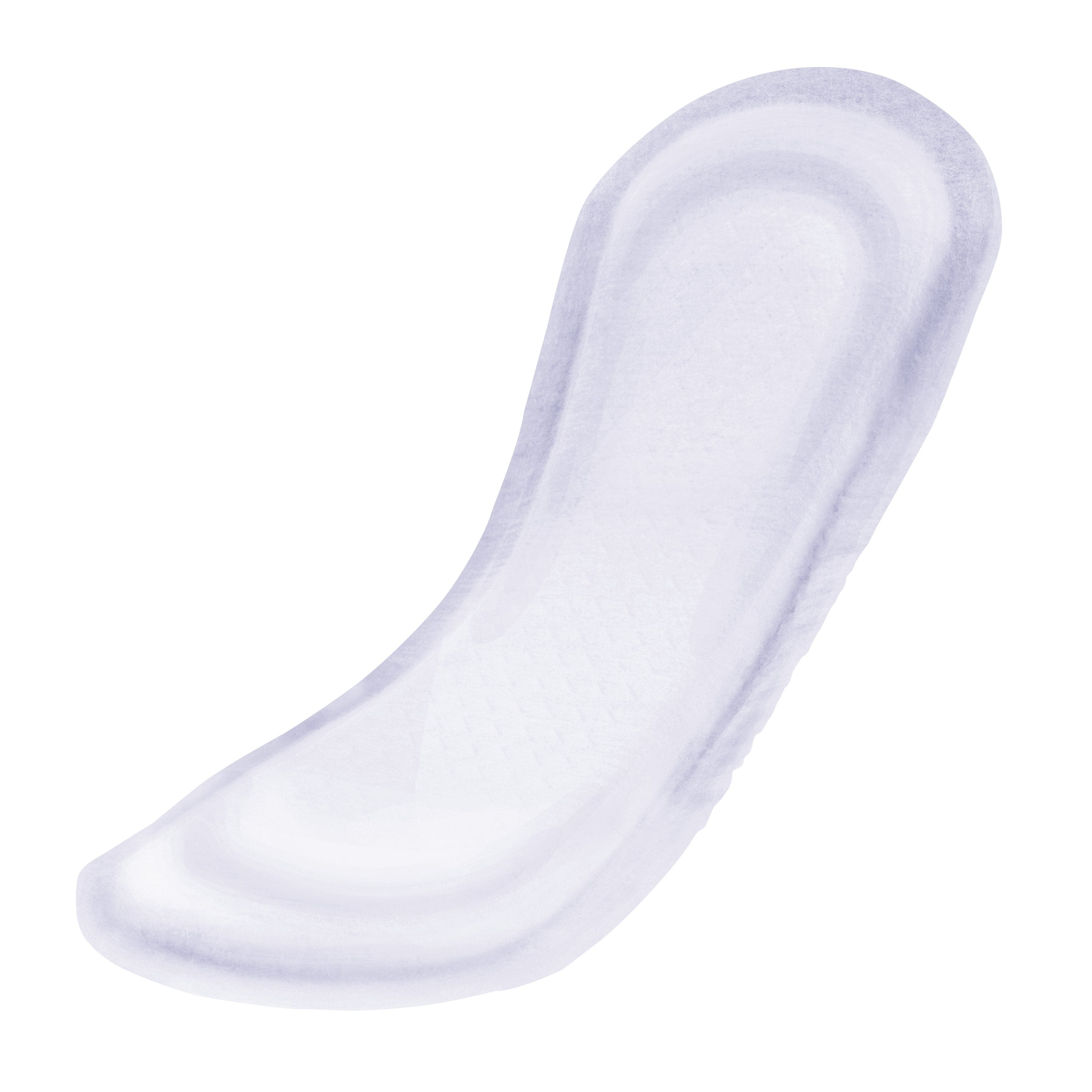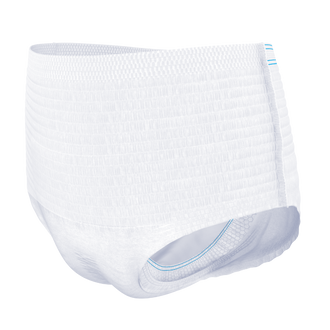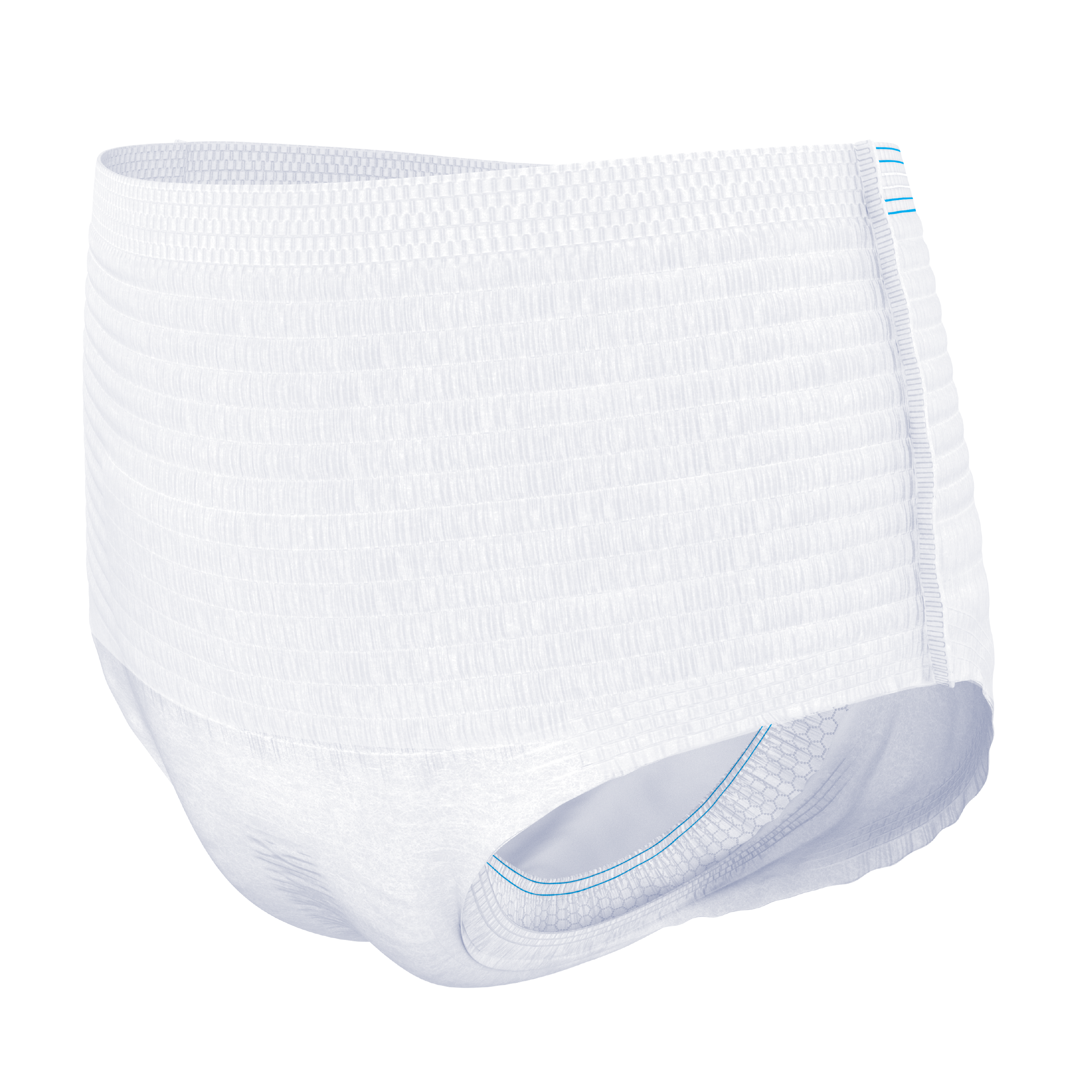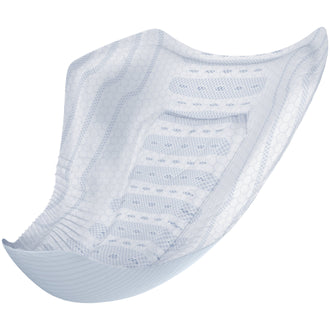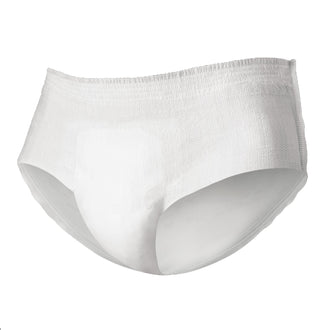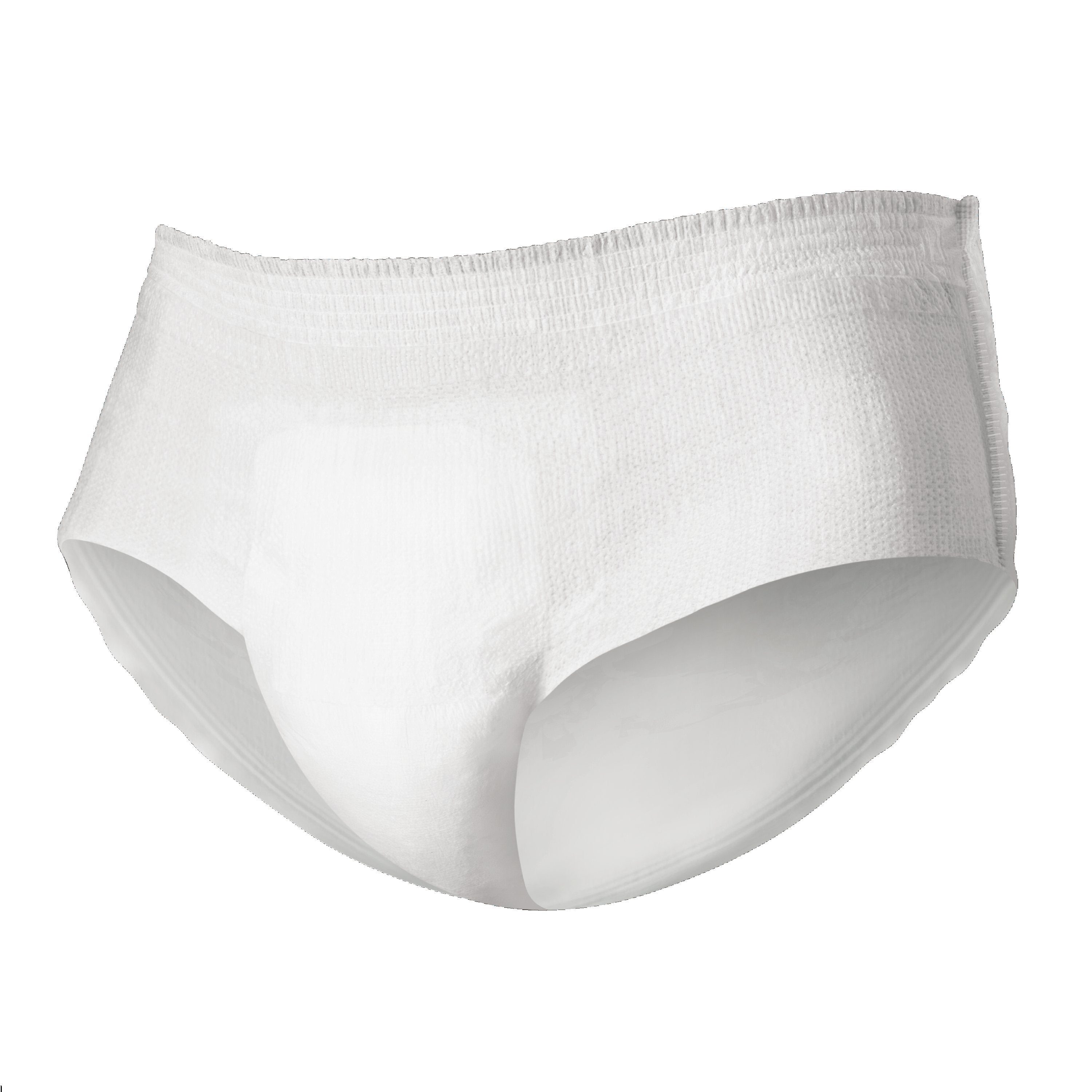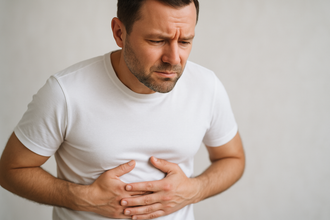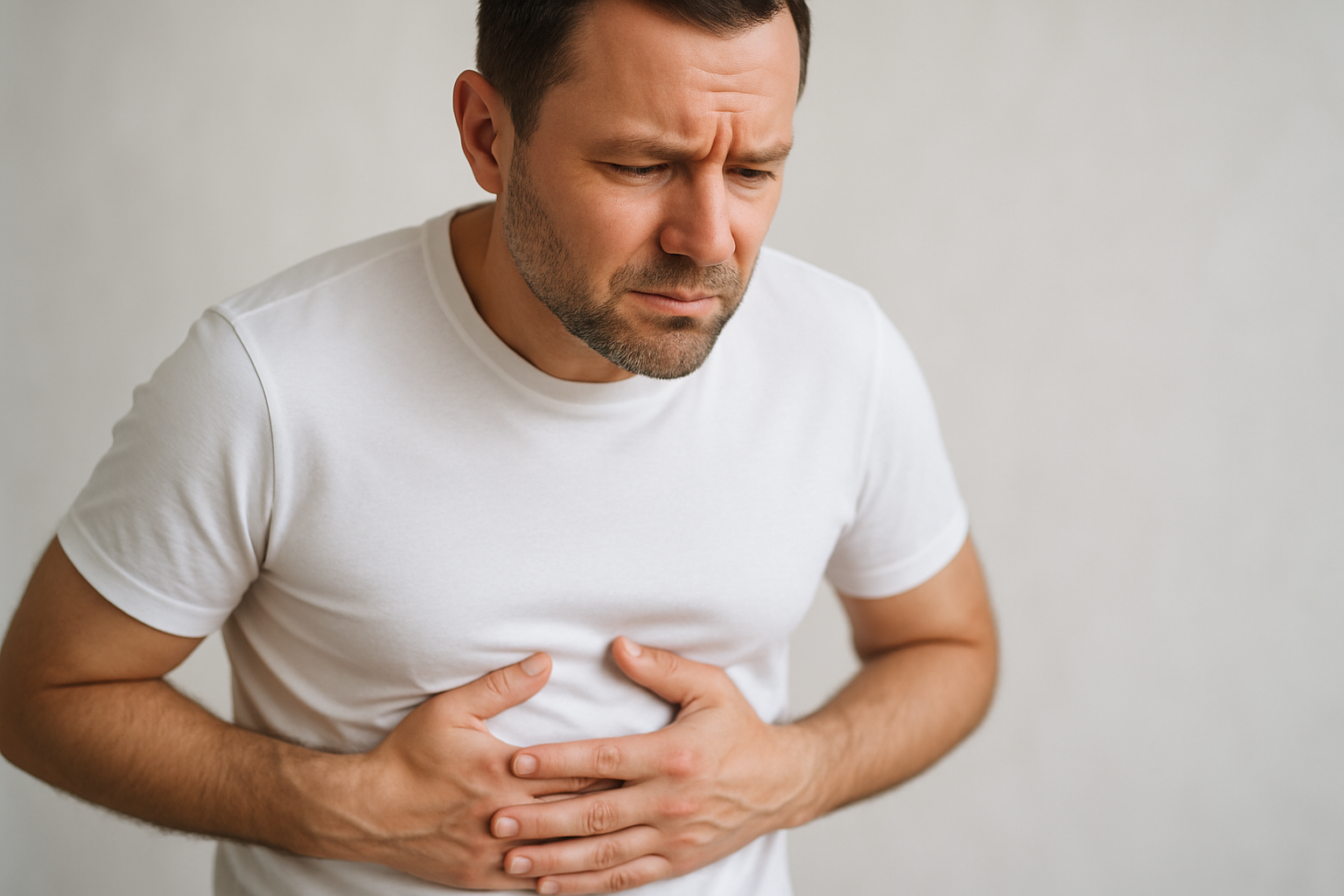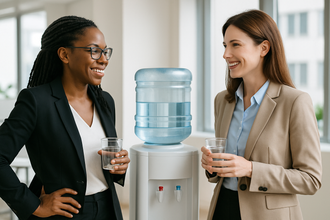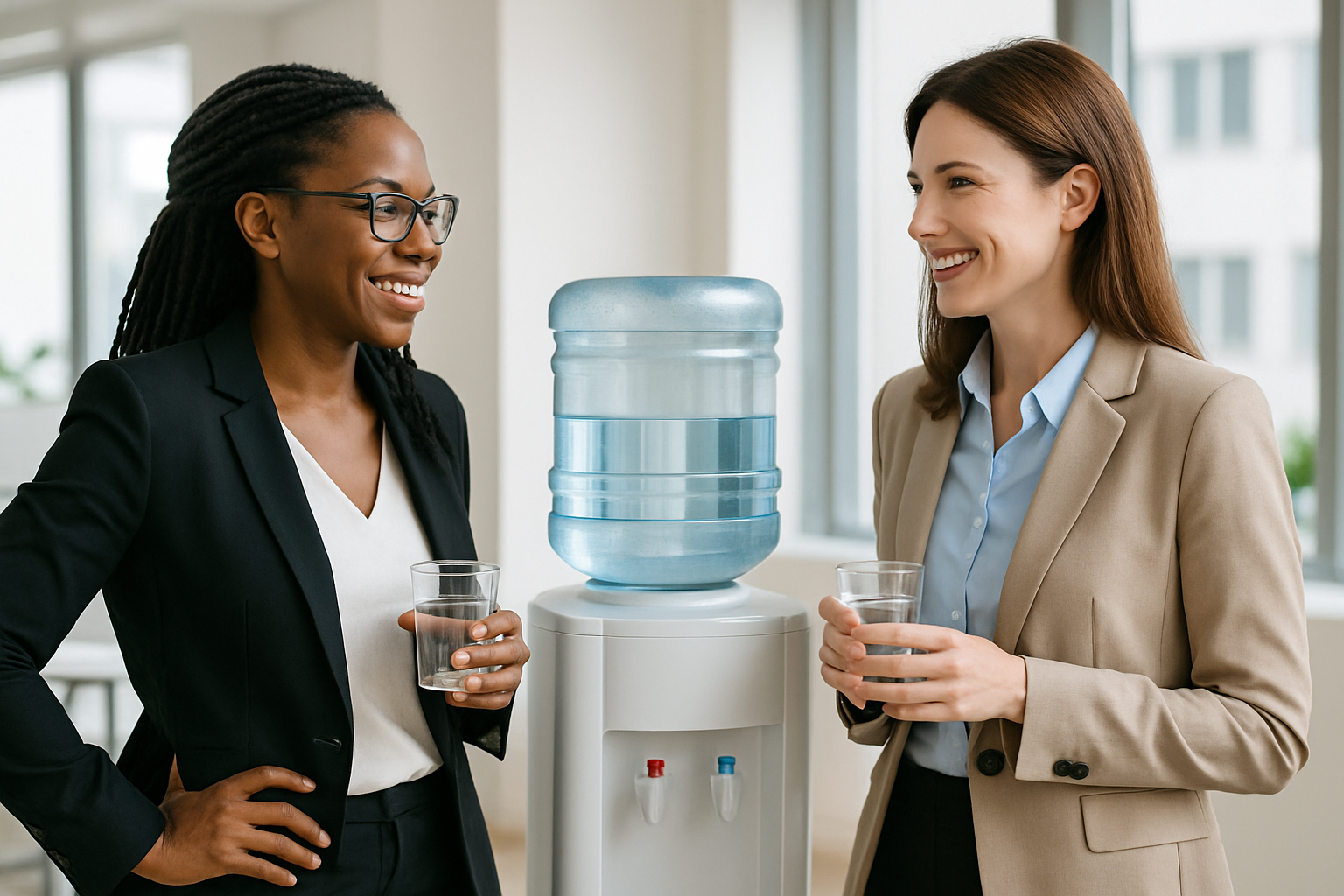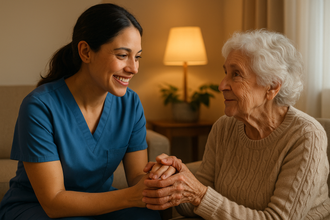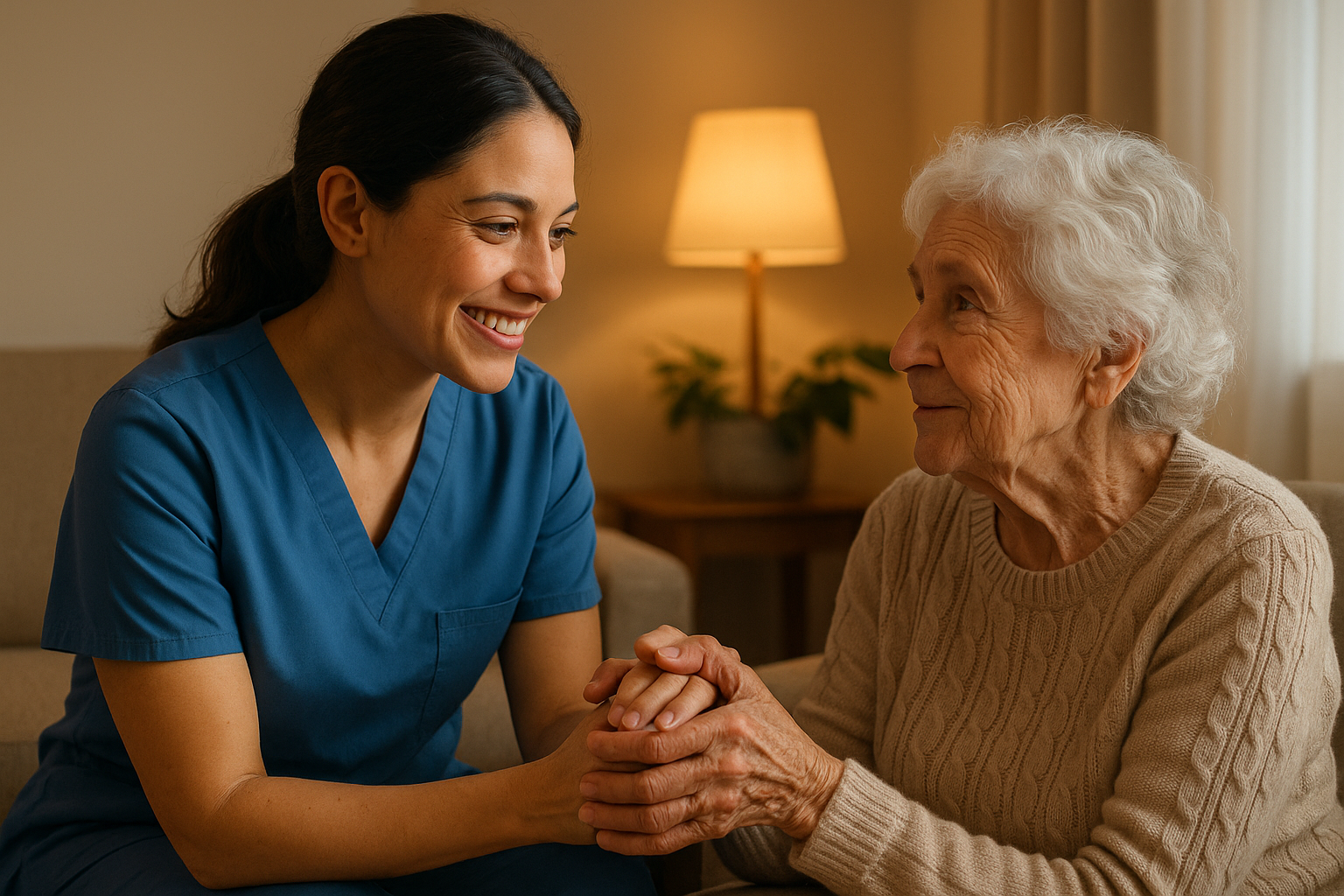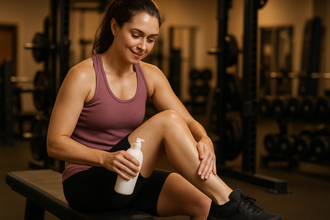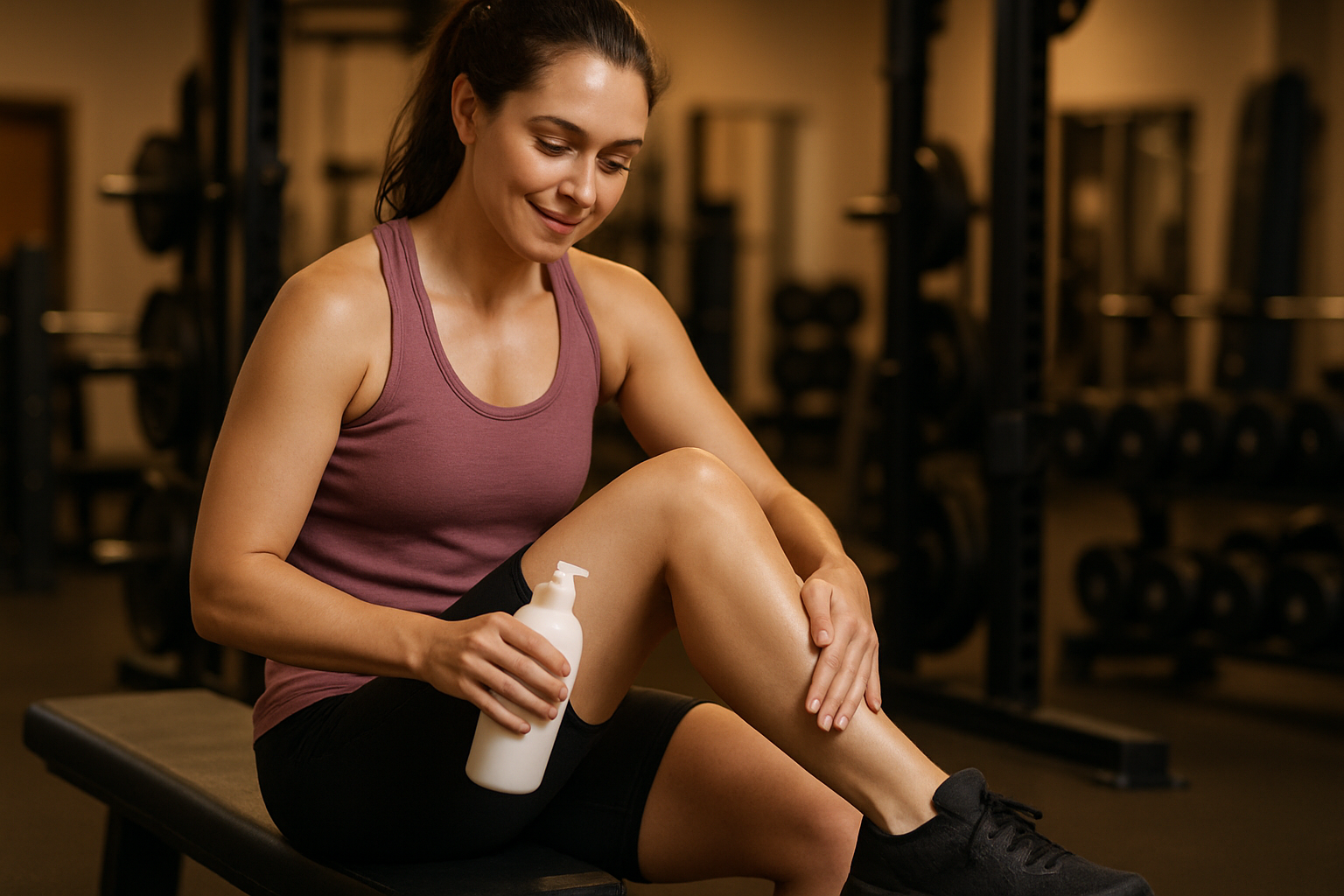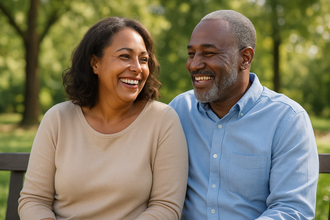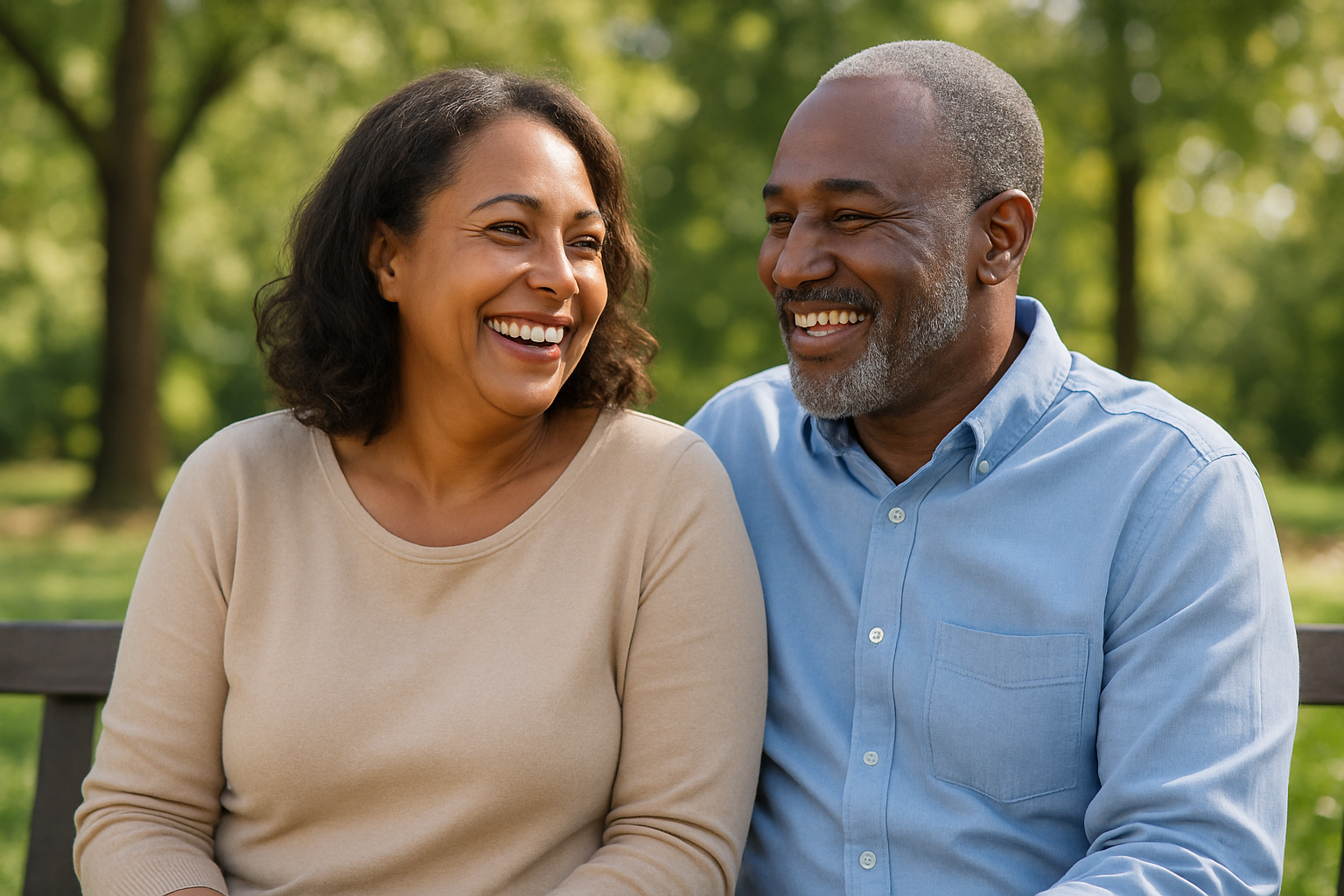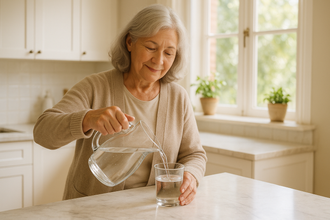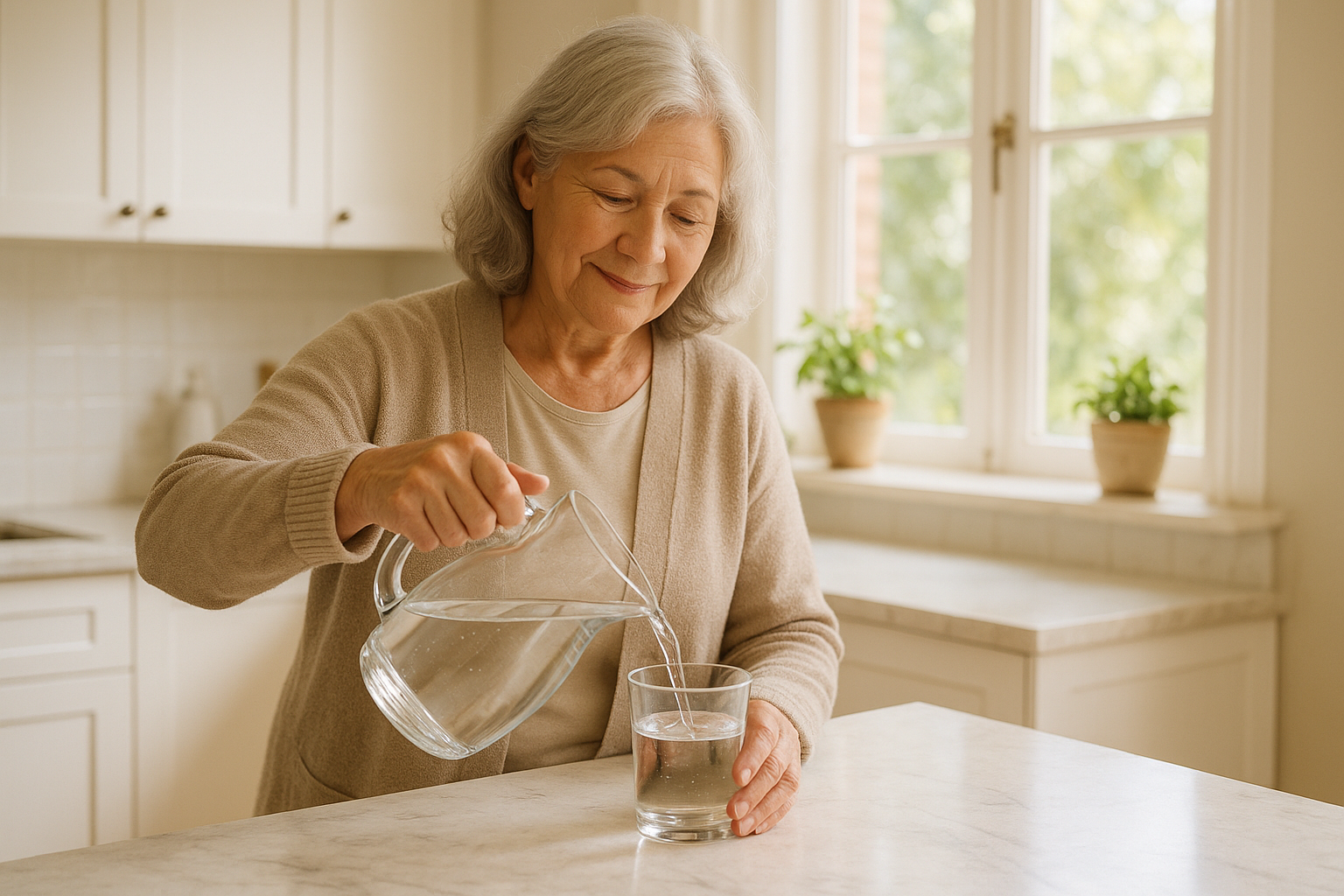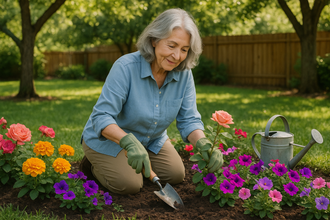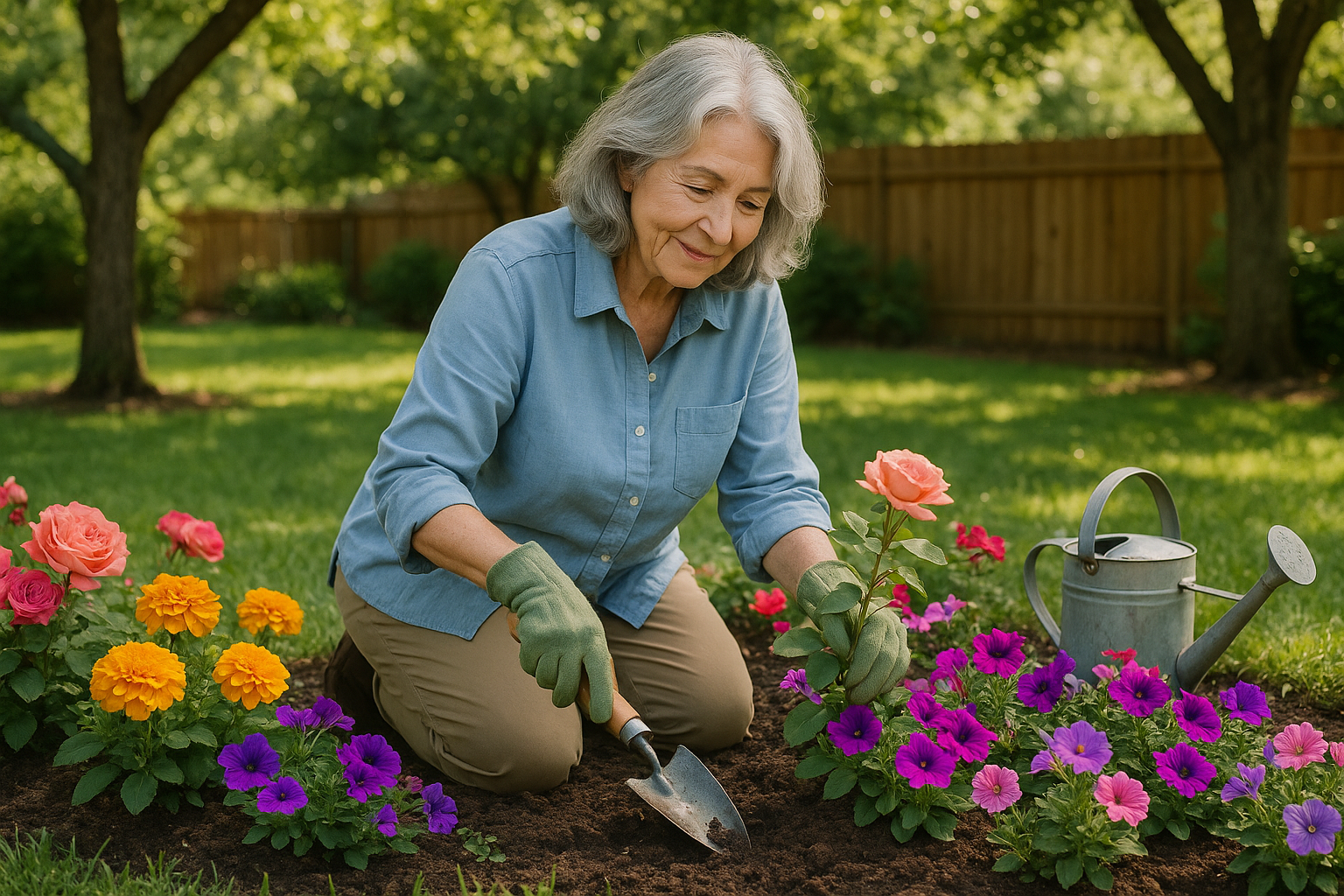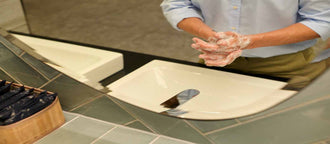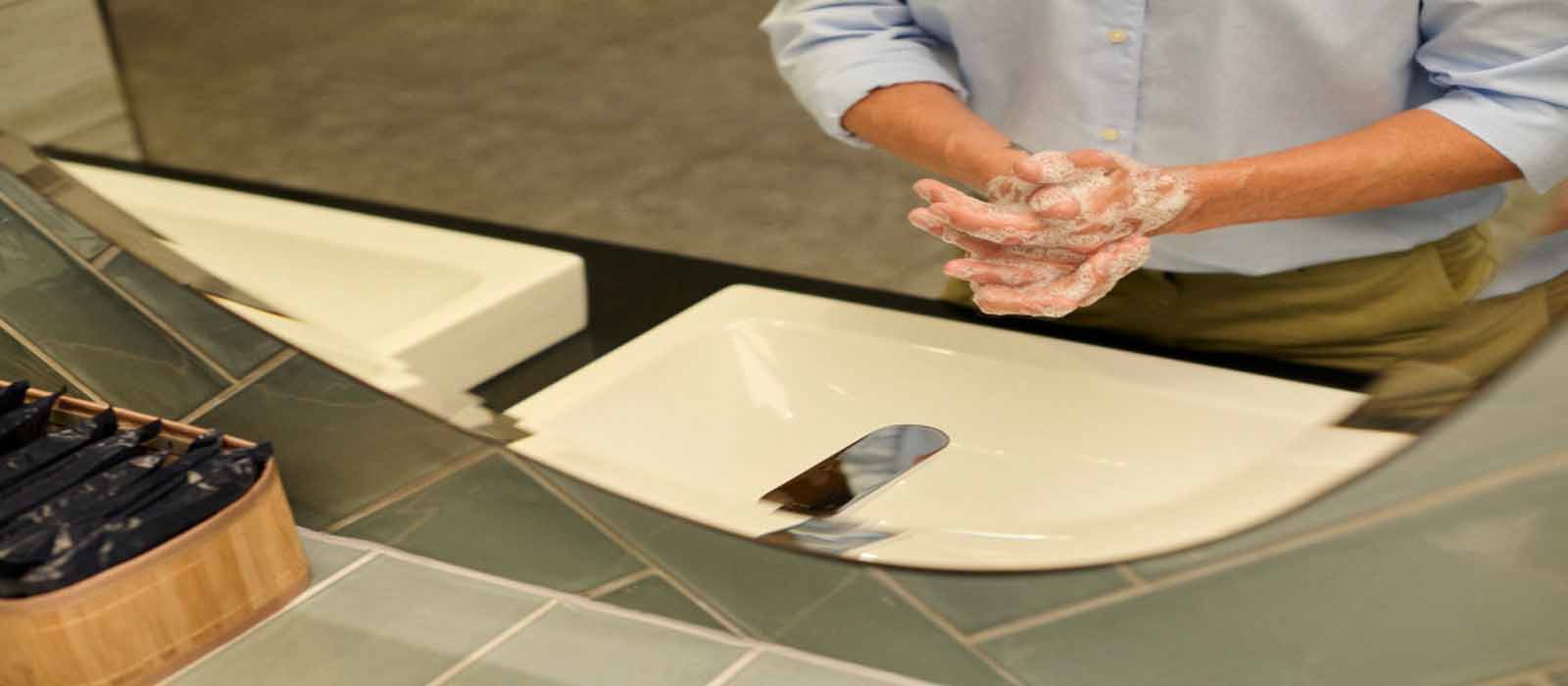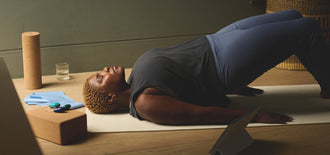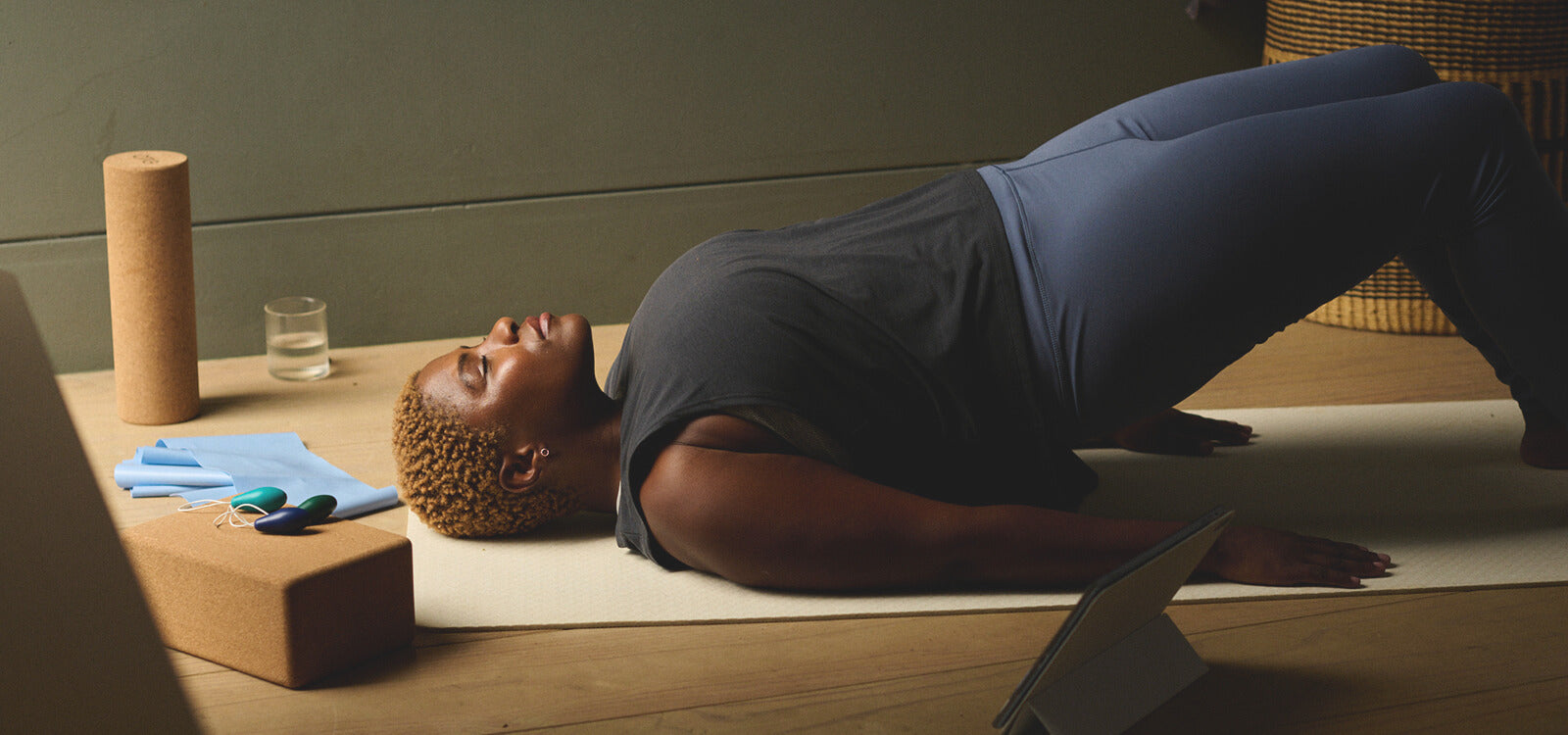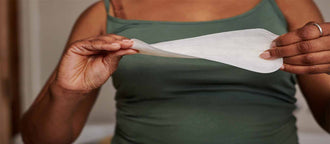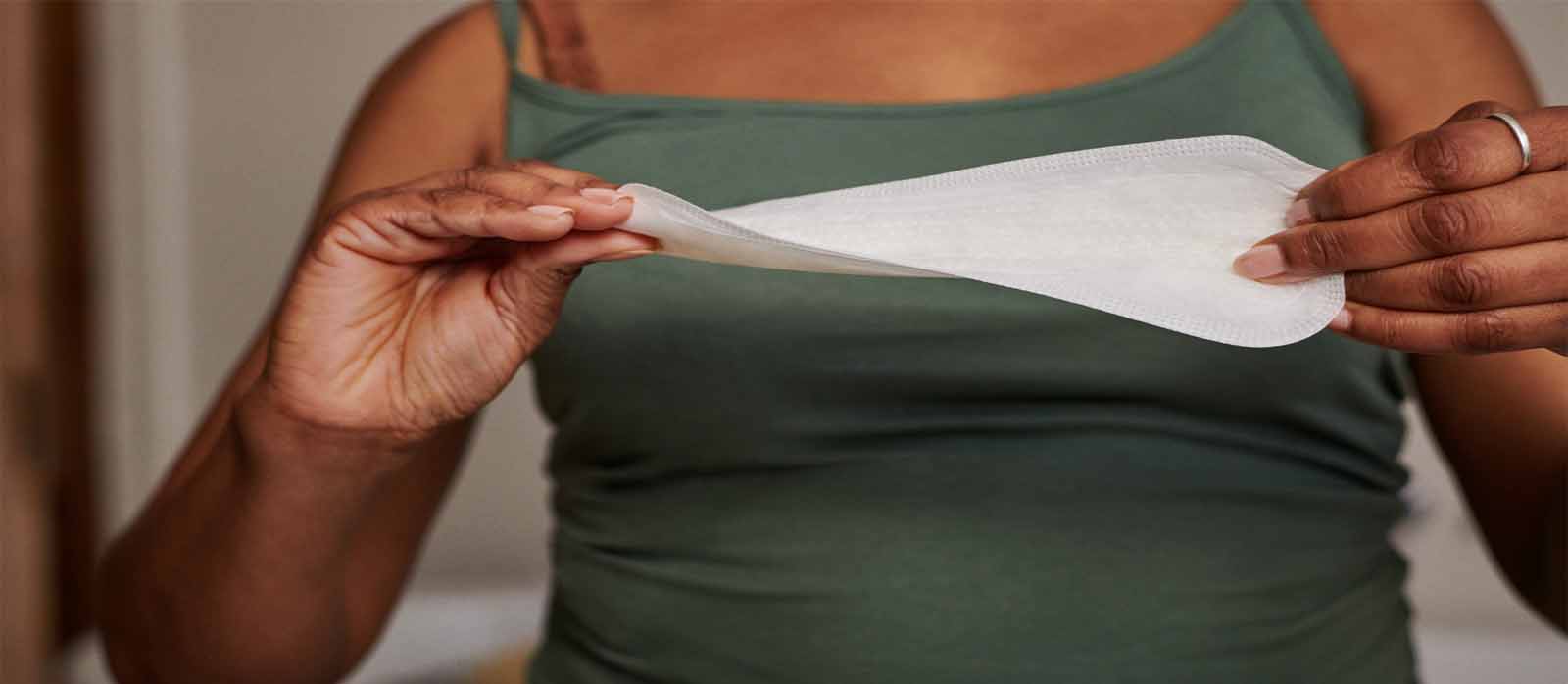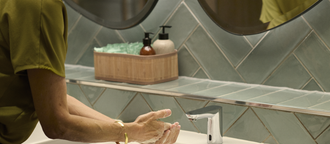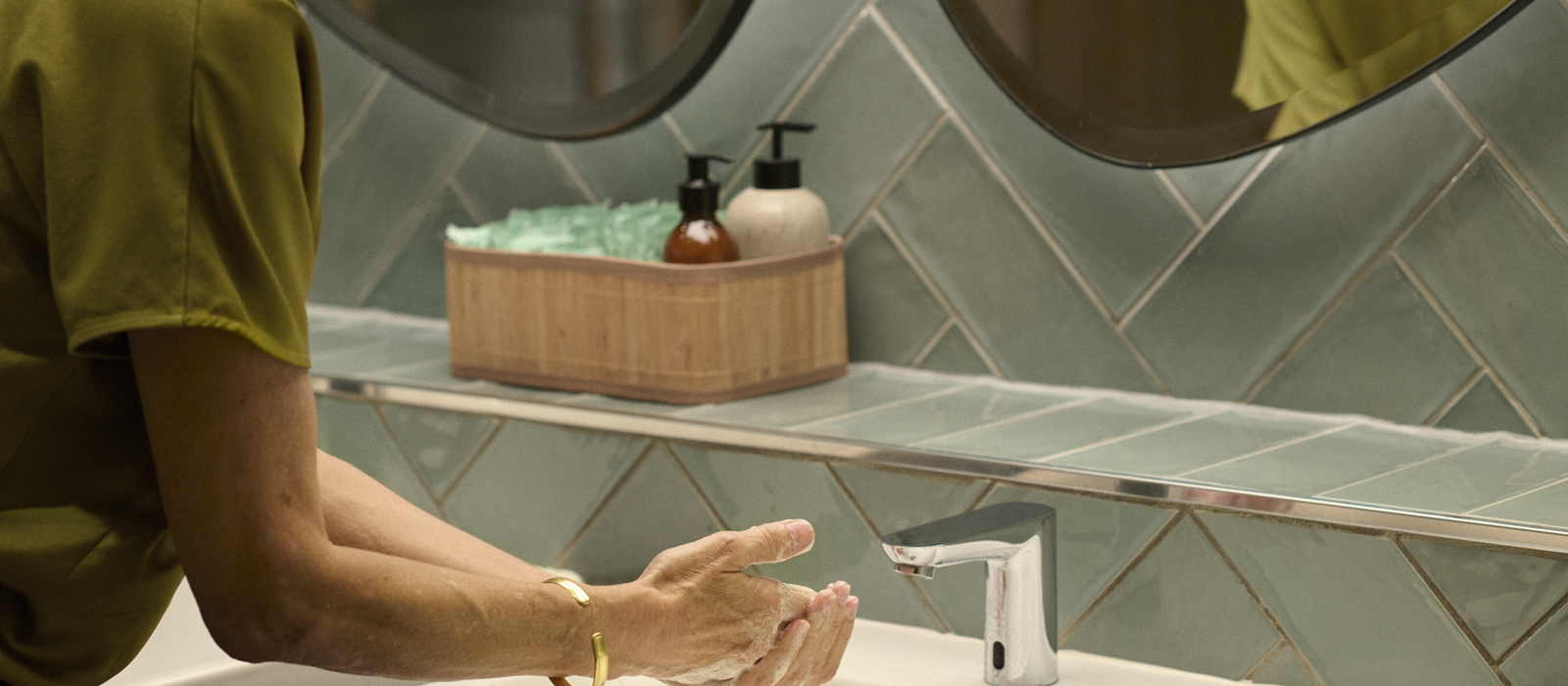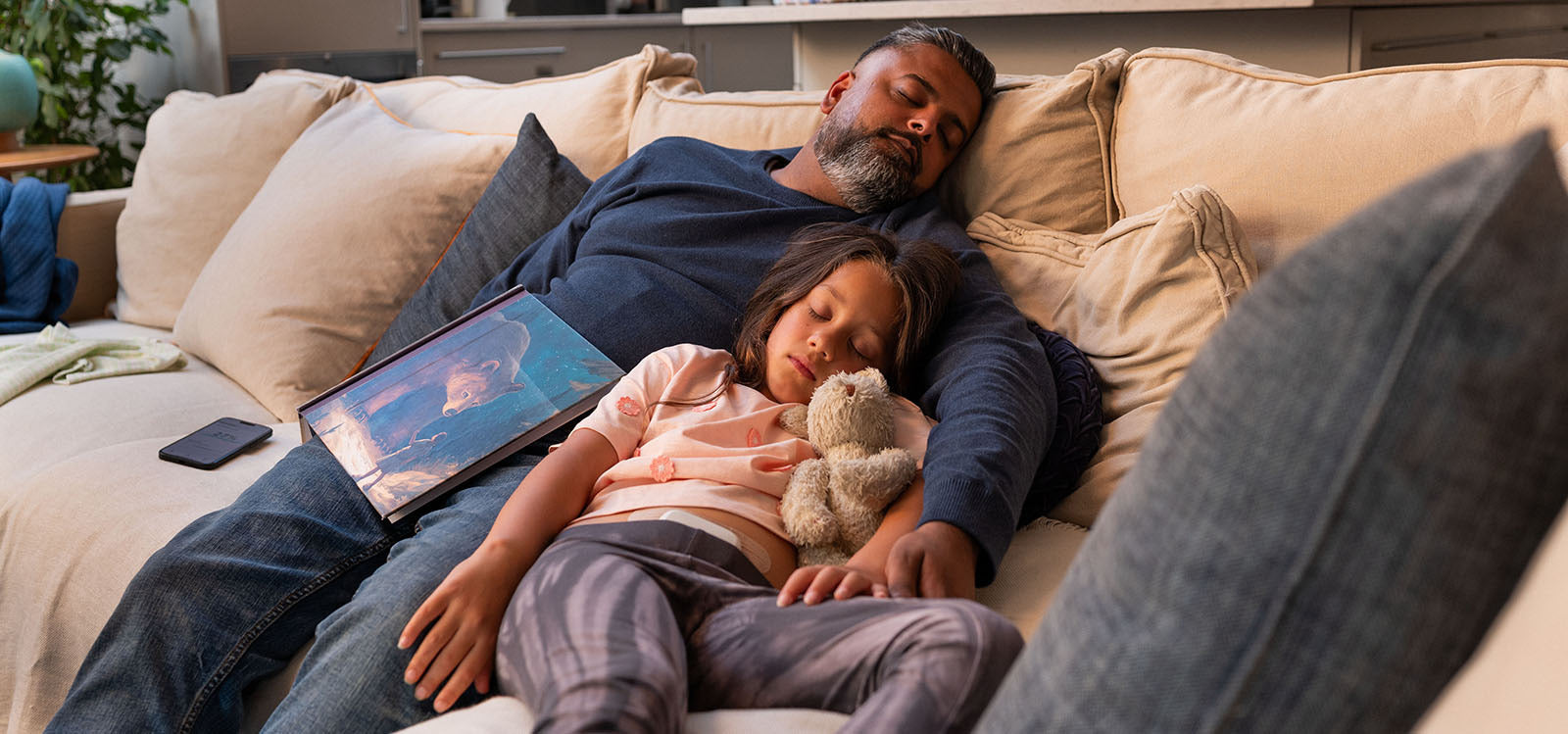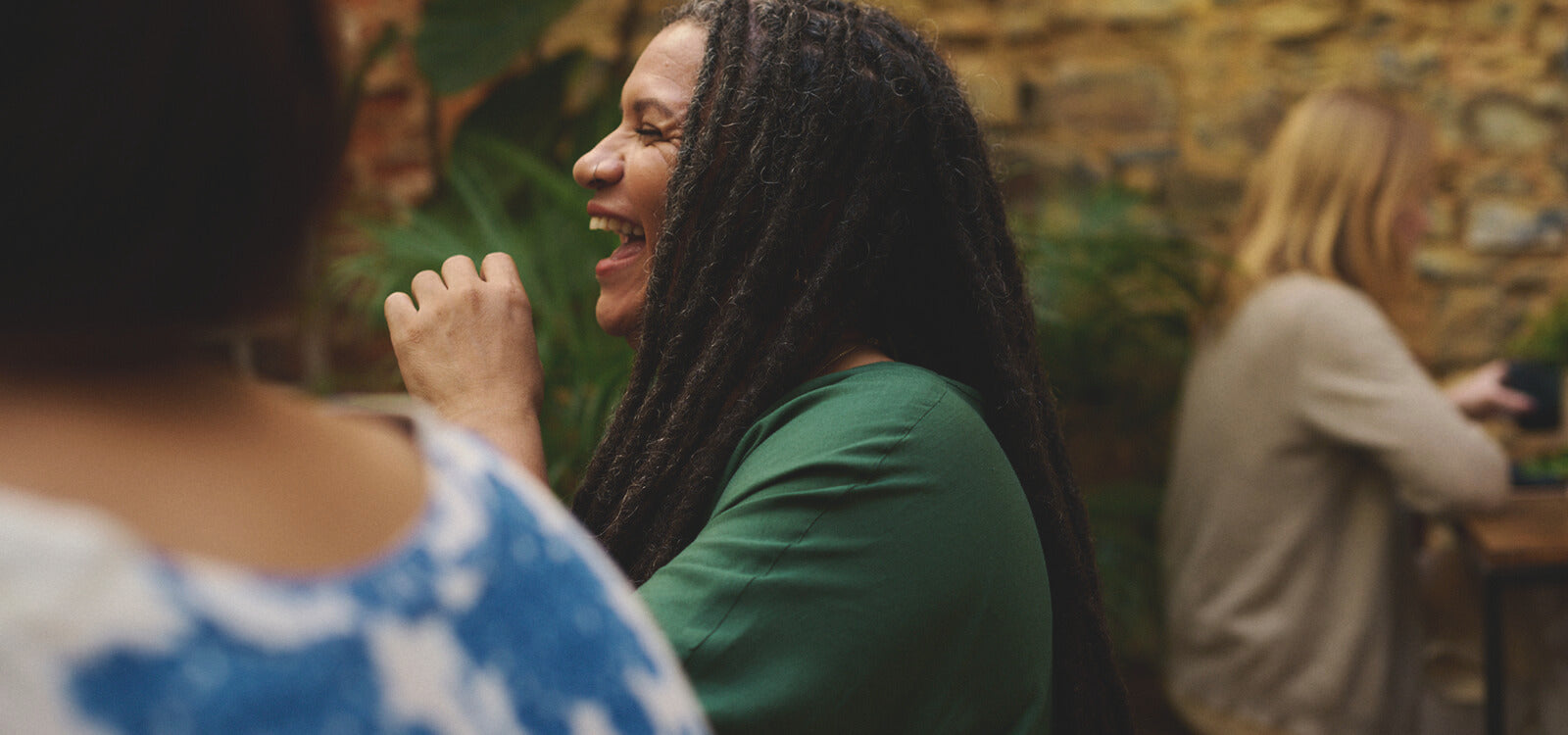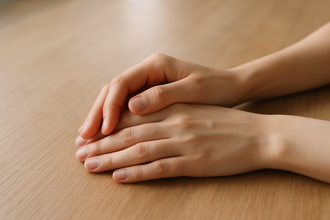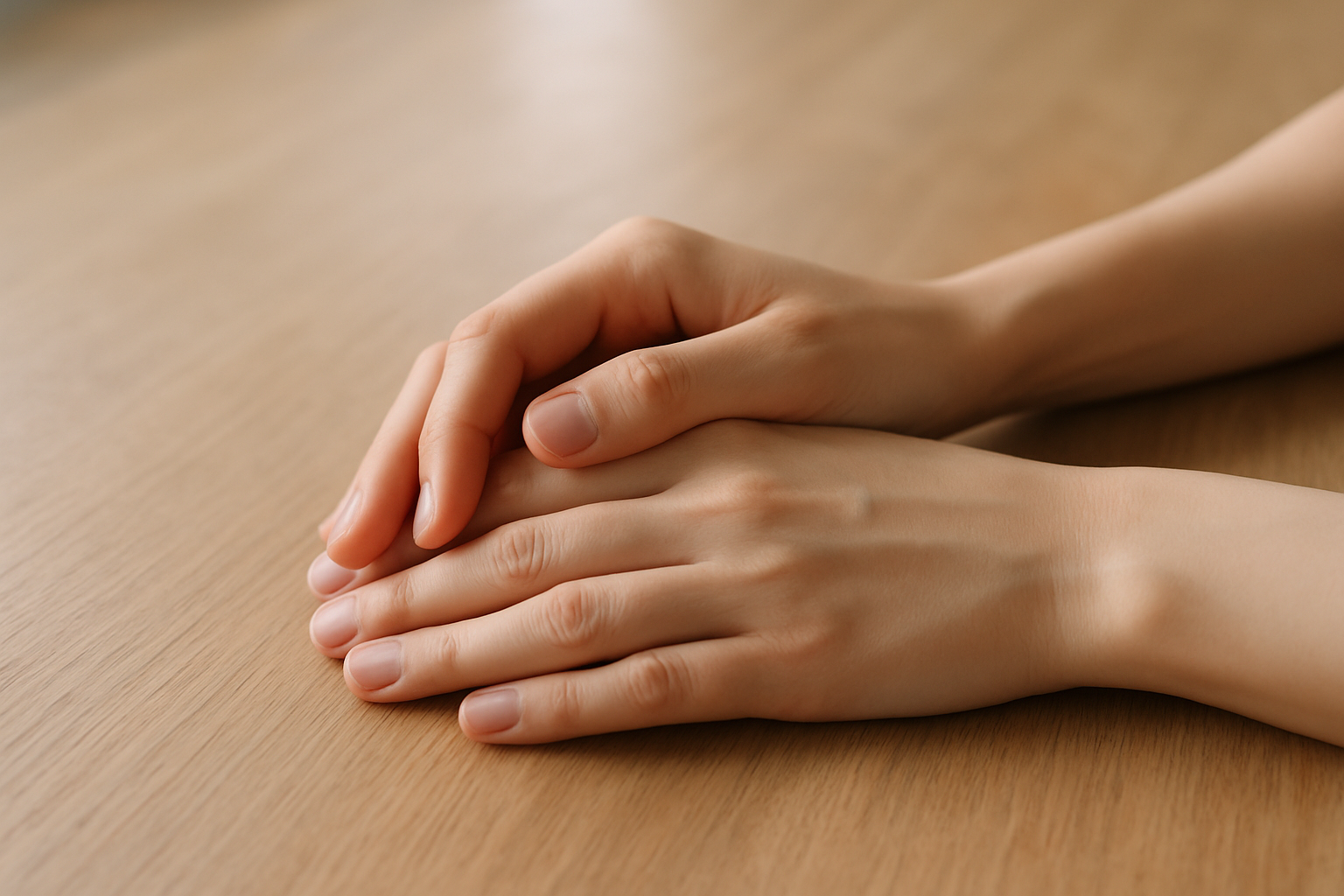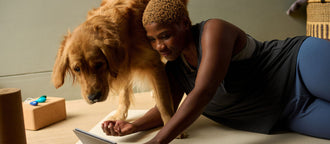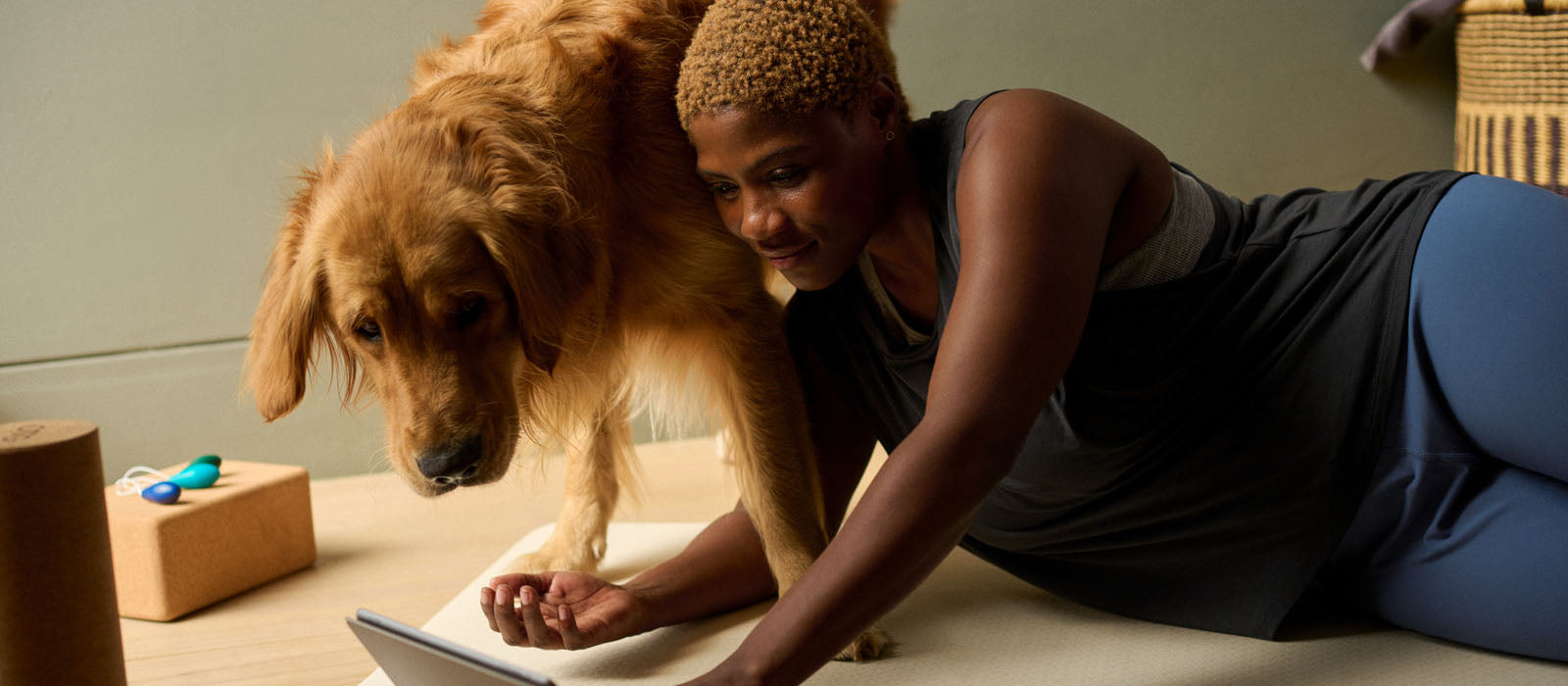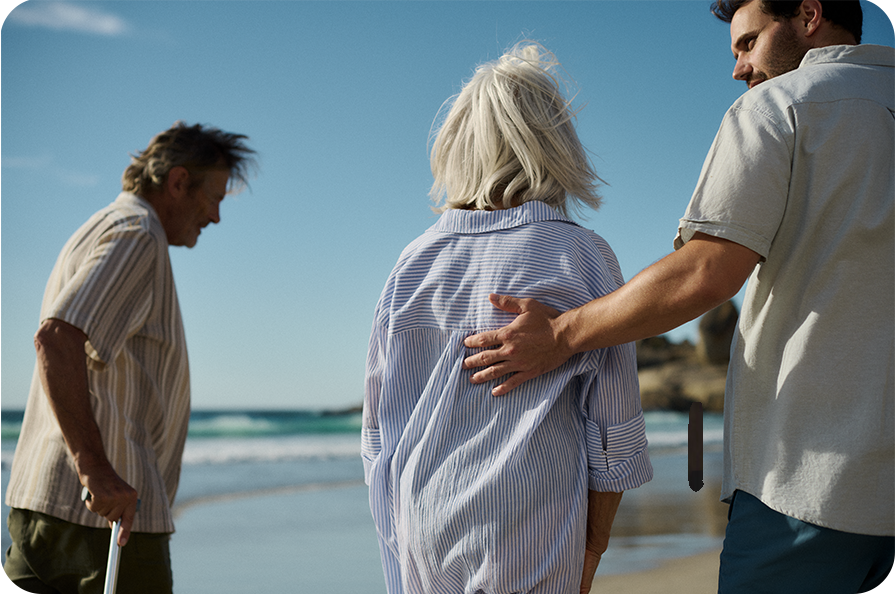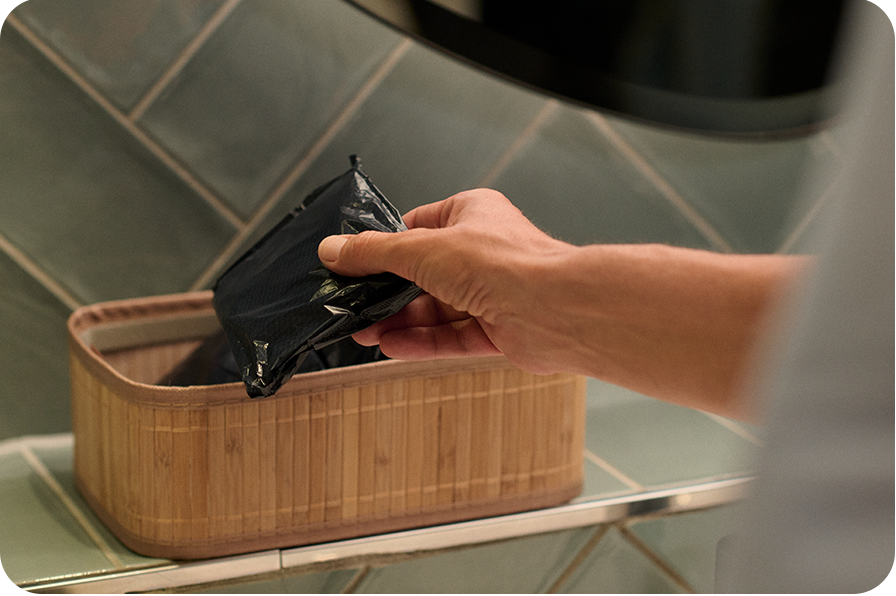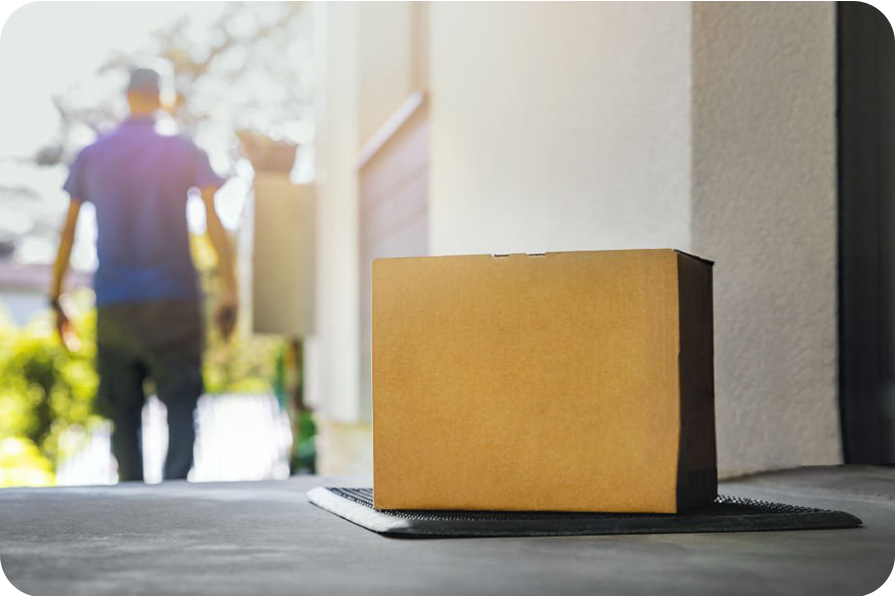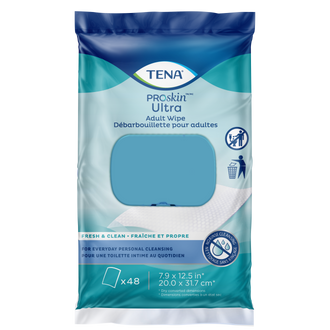Easily pay at checkout with your FSA/HSA account!
Shop the world's leading incontinence brand.*


1 in 3 men over 40 experience involuntary urinary leakage.
Male Urinary Incontinence Prevalence Study, 2013 (US, UK, IT, FR, MX, RU).
Have questions?
We’ve got answers.
Generally, urinary incontinence or bladder incontinence defines all involuntary leakage of urine
Learn more
Bladder training is a self-help method that helps you increase control over the bladder by reducing the frequency of urination.
Learn more
Pelvic floor training involves strengthening the supportive muscles around the urethra and bladder by doing repetitive voluntary contractions.
Learn more
As a general rule, you should change your pads 3-5 times per day. This may differ from person to person, depending on various factors, such as the condition of your skin, the amount of leakage you experience, and the kind of product you’re using.
Learn more
To keep your bladder and kidneys healthy, remember to drink enough water, enjoy a balanced diet, and maintain a healthy weight. If you’re suffering from any problems with your kidneys or bladder, remember that you’re not alone and that it is very common. If you need more support, don’t hesitate to reach out to your doctor.
Learn more
Today, along with the color and symptoms, the smell in urine can help indicate either good health or illness. The smell can be described in many different ways; for example, that it smells sweet, or that it smells like fish, ammonia or alcohol.
Learn more
Start by selecting a product that suits your level of leakage, like TENA Men Light Shields for mild dribbles or TENA Men Maximum Guards for more moderate protection. To wear male incontinence pads, place the adhesive side securely inside your underwear, ensuring it’s positioned comfortably. Adjust for a close fit, and remember to replace the product as needed to stay dry and comfortable throughout the day.
Learn More
What is the difference between a lower and upper urinary tract infection?
Urinary tract infections (UTIs) are common, and many people think they affect the bladder or genitals. But did you know that UTIs can affect any part of your urinary system?
Read MoreWhat is Urinary Retention, and How Can It Be Treated?
Urinary retention is when the bladder can’t empty fully or at all. This can cause discomfort, a constant urge to pee, and possible health problems, along with a frustrating feeling of a loss of control.
Read MoreHow to Make Your Home Safer for Elderly Loved Ones
It's only natural for you to feel worried about your older loved one falling down.
Read MoreWhat Triggers Urge Incontinence?
When you feel like every visit to the bathroom is a race, and making it in time before you have a leak is a win, it's ok to feel frustrated. Urge incontinence can make you feel like you can’t control your own body.
Read MoreFlying with Incontinence
The thought of flying may feel nerve-wracking for some people. Adding incontinence to the mix? Extra stressful, and maybe enough to put a hold on your plans.
Read MoreMen: How often should you get a prostate exam?
A question that may pop into your head every now and then, but isn’t entirely casual barbecue conversation between friends is, "how often should men get a prostate exam?"
Read MoreManaging Bladder Leaks with an Enlarged Prostate
BPH is quite common among men as they get older and can sometimes lead to bladder control issues.1 Let's explore the connection between an enlarged prostate and incontinence and discover ways to help you feel confident every day.
Read MoreUnderstanding Post-Micturition Dribble in Men: Symptoms, Causes, and Treatments
Ever noticed a wet spot in your underwear after peeing? Sometimes, it could make you wonder if something serious is going on in your body.
Read MoreCan Pilates Help with Incontinence?
If you’re living with incontinence, you may wonder if Pilates could help with managing it. Let's explore how it could help reduce those unexpected leaks and strengthen your pelvic floor.
Read MoreVitamins to help with Bladder Control
We all know how important it is to get our daily nutrients, but did you know certain vitamins could affect your bladder health? In this article, we’ll explore how a holistic approach, including vitamins and supplements, can aid bladder control.
Read MoreBladder Screenings and Aging: Why They Matter
As we get older, our bodies go through all kinds of changes. And yes, that includes the bladder.1
Read MoreHow Long Does the Menopause Last?
Menopause can feel like a whirlwind of changes, and if you’re curious about how long it’s all going to last, you’re in the right place. Whether you’re just starting to notice some symptoms, or you’ve been dealing with them for a while, it’s important to know that every woman’s experience is unique.
Read MoreWhat is an Incontinence Pad? Guide to Types and Benefits
Leaks might feel like something you just have to live with, but they don’t have to be. With the right incontinence pad, comfort and dryness can become your new normal.
Read MoreCommon Causes of Urinary Incontinence
Incontinence affects millions of Americans, and there are several types, causes, and triggers.1 Let's break it down together.
Read MoreWhat Is Reflex Incontinence? Causes and Management
Well, you’re at the right place! Let’s break down what causes those sudden leaks, what symptoms to look for, and practical ways to manage them with more confidence.
Read MoreCan Smoking Affect Bladder Health?
Learn why quitting smoking benefits your pelvic floor, reduces leaks, and supports better bladder control.
Read MoreHow Diabetes Affects Bladder Function
Learn why diabetes impacts bladder function, causing leaks and urgency, and discover effective tips, including diet, pelvic floor exercises, and bladder training.
Read MoreYoga for Incontinence: Strengthen Your Pelvic Floor with Yoga
Learn how yoga strengthens pelvic floor muscles to improve bladder control, reduce leaks, and support overall wellbeing with easy, effective poses.
Read MoreHow Often Should You Urinate Daily? Excessive Urination Explained
Learn what’s normal for urination frequency, common causes of frequent urination, and tips to manage your bladder health effectively.
Read MorePelvic Floor Exercises for Pregnancy Incontinence
Learn about pregnancy incontinence, why it happens, pelvic floor exercises, safe pregnancy workouts, and how to manage leaks for a confident pregnancy.
Read MoreUrinary Incontinence Products: Types, Uses, and Care Tips
Learn about urinary incontinence products, how they work, types for men and women, and tips to stay dry and comfortable every day and night.
Read MoreWhat Is Functional Incontinence & How to Manage It
Functional incontinence occurs when barriers prevent timely bathroom access. Learn causes, signs, and practical tips to manage and improve quality of life.
Read MoreHow to Prevent Bladder Infections: Tips & Advice
Learn about UTIs, why they’re common in women, symptoms to watch for, and simple tips to prevent and manage urinary tract infections effectively.
Read MoreDate Night With Incontinence: Tips for Confidence
Manage urinary incontinence on date night with practical tips on communication, preparation, and protection to stay confident and comfortable.
Read MoreSimple Lifestyle Changes for Bladder Health
Learn easy lifestyle changes and habits to maintain bladder health, reduce leaks, and prevent common bladder problems for lasting comfort and confidence.
Read MoreFoods and Drinks That Affect Overactive Bladder
Learn which foods and drinks may worsen overactive bladder symptoms and get tips on managing your diet to support better bladder control.
Read MorePostpartum Incontinence: Causes, Recovery & Care Tips
Learn about postpartum incontinence causes, recovery times, and practical tips to manage leakage and regain bladder control after childbirth.
Read MoreUnderstanding the Color of Your Urine During Pregnancy
Wondering what your urine colour means in pregnancy? Learn what’s normal, what’s not, and how hydration, vitamins, or diet may play a role.
Read MoreEffective Treatments to Help with Overactive Bladder Control
Wondering if you have an overactive bladder? Learn what causes it, how to manage symptoms naturally or with treatment, and when to see a doctor.
Read MoreUrinating More Than You Drink? What Causes Polyuria?
Think you might be peeing more than normal? Learn about polyuria, what causes it, how it differs from overactive bladder, and ways to manage symptoms.
Read MoreHow Can You Protect Your Skin When Managing Urinary Incontinence?
Dealing with urinary incontinence can be tough, especially when it affects your skin. Irritation, rashes, and infections are common and are often referred to as incontinence-associated dermatitis (IAD), but with the right care, it can be managed.1
Read MoreWhat Are the Stages of Menopause?
Learn the stages of menopause, from perimenopause to postmenopause. Understand symptoms, timing, and tips to feel more prepared during this transition.
Read More